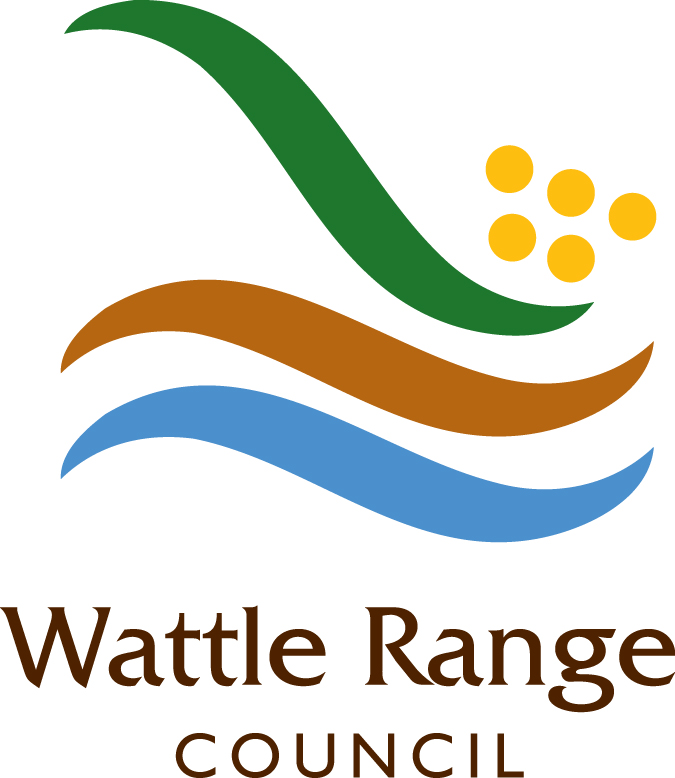Tricky Waste
There are always items that residents are just not sure how to dispose of: batteries, light globes, paint tins, mobile phones, oil, tyres and mattresses are all examples of ‘tricky waste’ that are items harder to dispose of correctly.
Some of these items are accepted at Council’s Resource Recovery Centres. Suggestions are also made for others that cannot be accepted
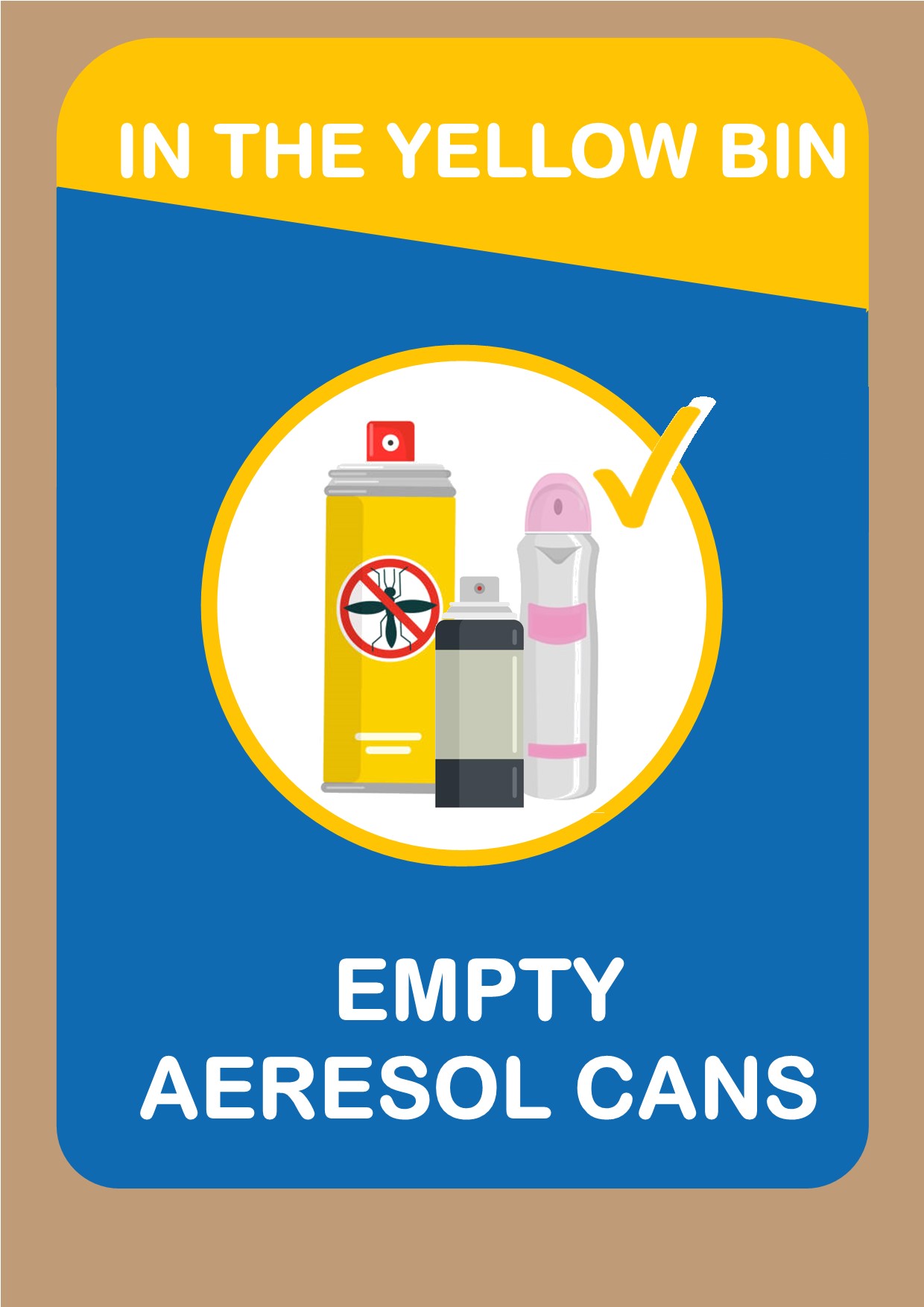
AEROSOL CANS (empty)
If empty, aerosol cans with the lids removed can be recycled in your yellow kerbside bins.
Lids can be recycled in the yellow bin also, for small lids (smaller than 5cm) please ensure they are placed in an empty milk bottle to ensure the small pieces of plastic are collected.
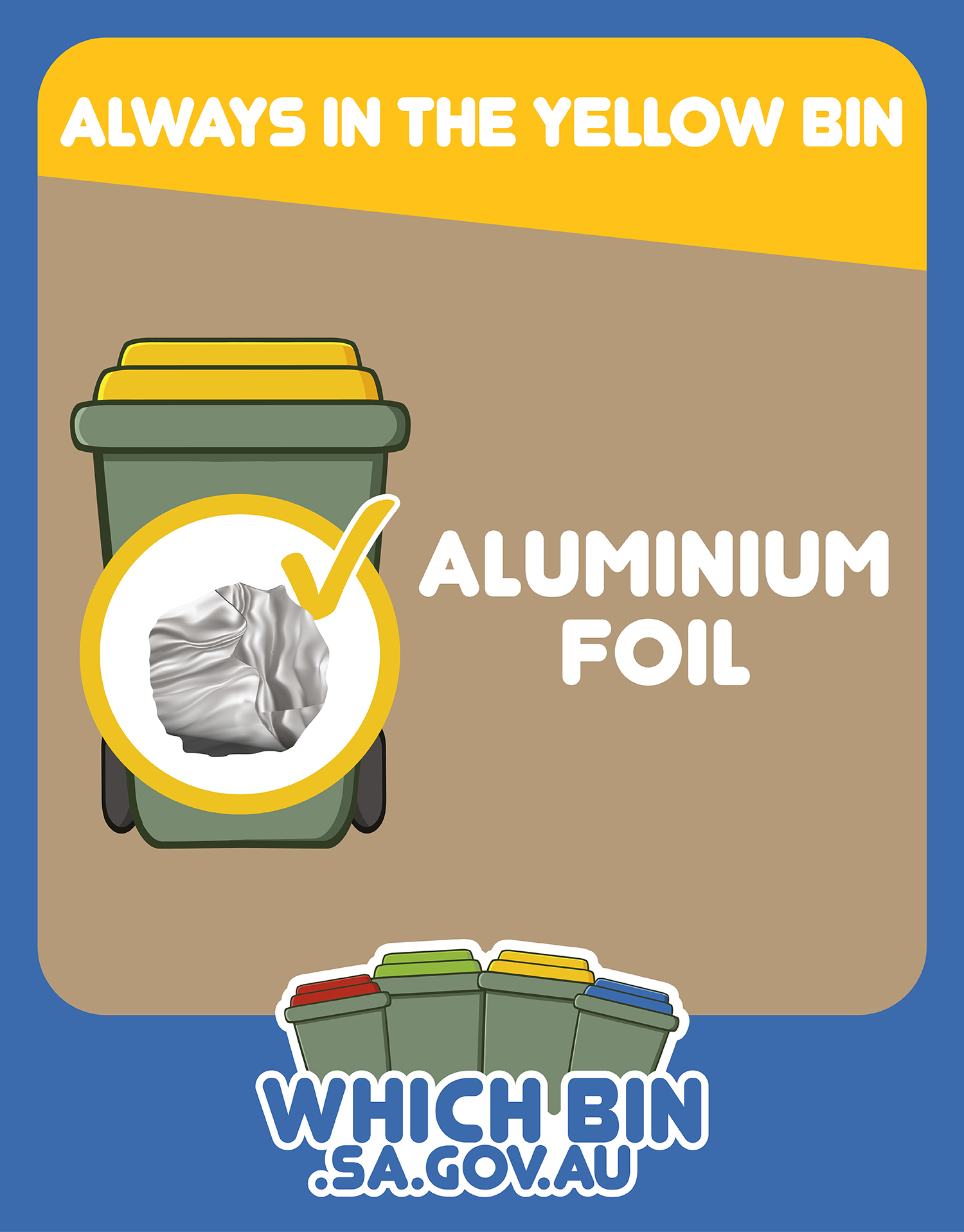
ALUMINIUM FOIL
Aluminium foil can be recycled by scrunching it up into a ball the size of a tennis ball and placing it into your yellow bin. Aluminium screw-top lids, like the ones on wine bottles, can be scrunched up with your foil.
If your foil ball is a bit on the small side, keep adding to it until it’s big enough to be recycled. Alternatively, you can collect smaller pieces of foil in an aluminium can (like a soft drink can) before placing it in the recycling bin.
Aluminium trays and pie plates can go into your recycling bin loose – just make sure they’re relatively clean first.
TIP: If you’re not sure if something is actually made of foil, do the scrunch test. If it stays scrunched up in a ball, it’s foil, and if it pops back out, it’s likely to be foil covered in plastic, which cannot be recycled.
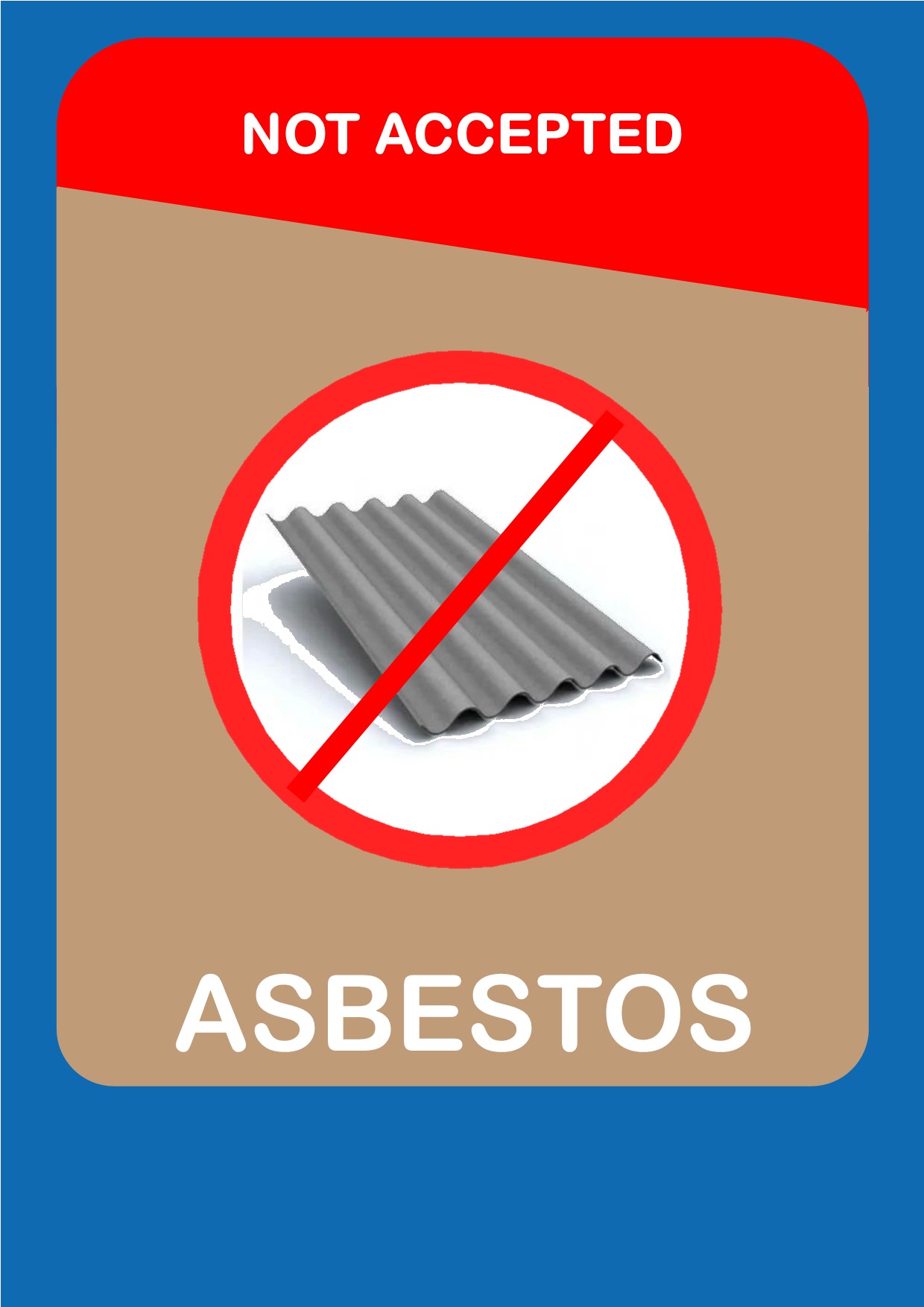
ASBESTOS
Asbestos can be a hazard to health if handled incorrectly. Asbestos is prohibited from being placed in all kerbside bins and not accepted at any of Council's waste disposal sites.
Asbestos can be found in fences, insulation, roofing and sheeting, rain water tanks, millboard lining and other sources. Asbestos should be removed by a licensed asbestos removal company and disposed of correctly at the relevant sites licenced by the Environment Protection Agency (EPA) South Australia. Search online for absestos removal companies in your area.
asbestos.sa.gov.au provides advise and information to help homeowners, tenants, employers and workers manage asbestos in their homes and workplaces.
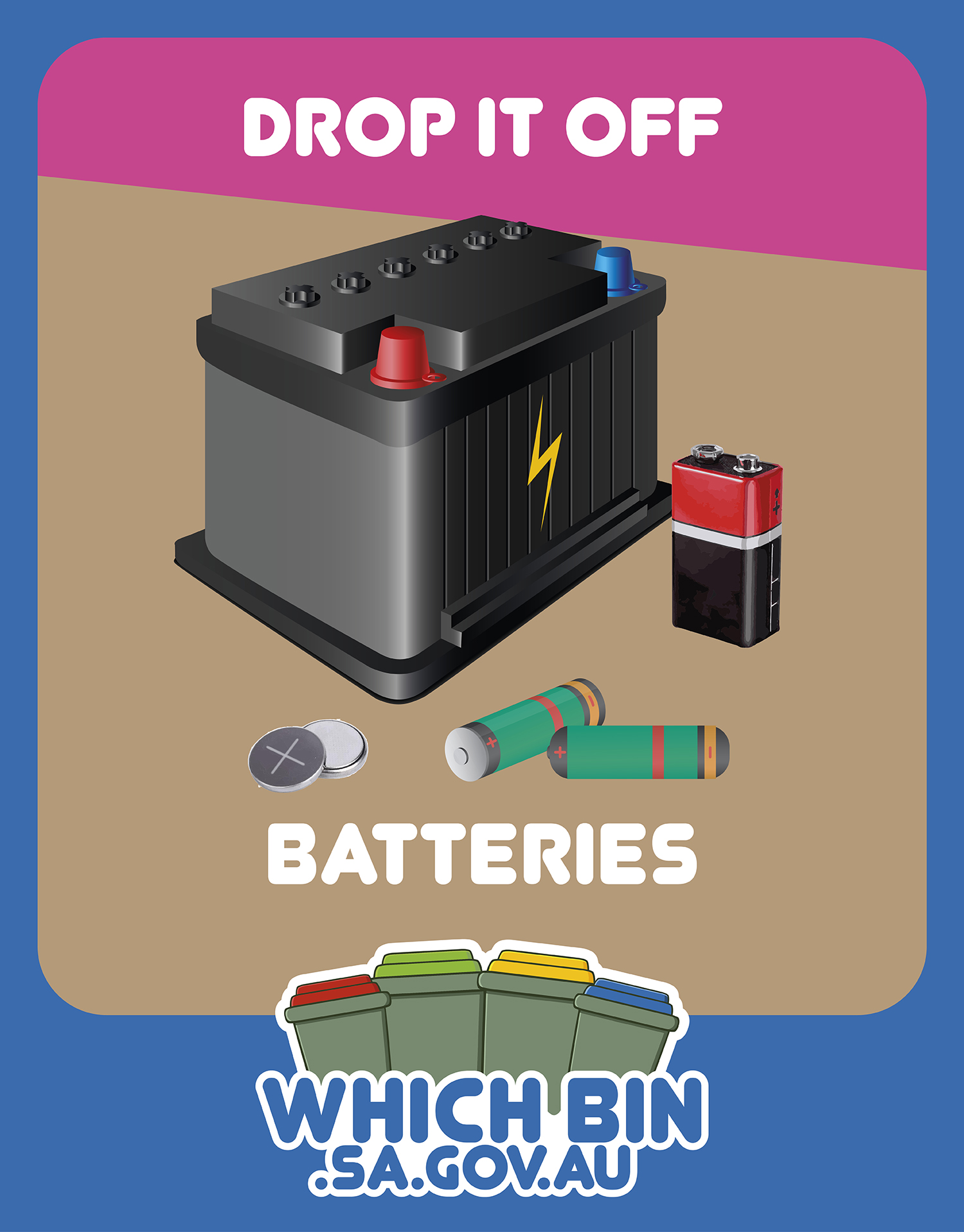
BATTERIES
Batteries must not be disposed of in the kerbside general waste or recycling bins. Batteries if damaged can leak harmful chemicals posing a fire risk in the trucks, risk to staff at recycling facilities or environmental harm in landfill.
Batteries are accepted at all Council waste disposal facilities, except at Beachport Waste Transfer Station. All types of household, phone and car batteries are accepted.
Various hardware and supermarkets in Wattle Range Council participate in Ecobatt, a free drop off recycling program for household batteries and mobile phones available at Foodland, Home Hardware, IGA, Mitre 10 and Woolworths.
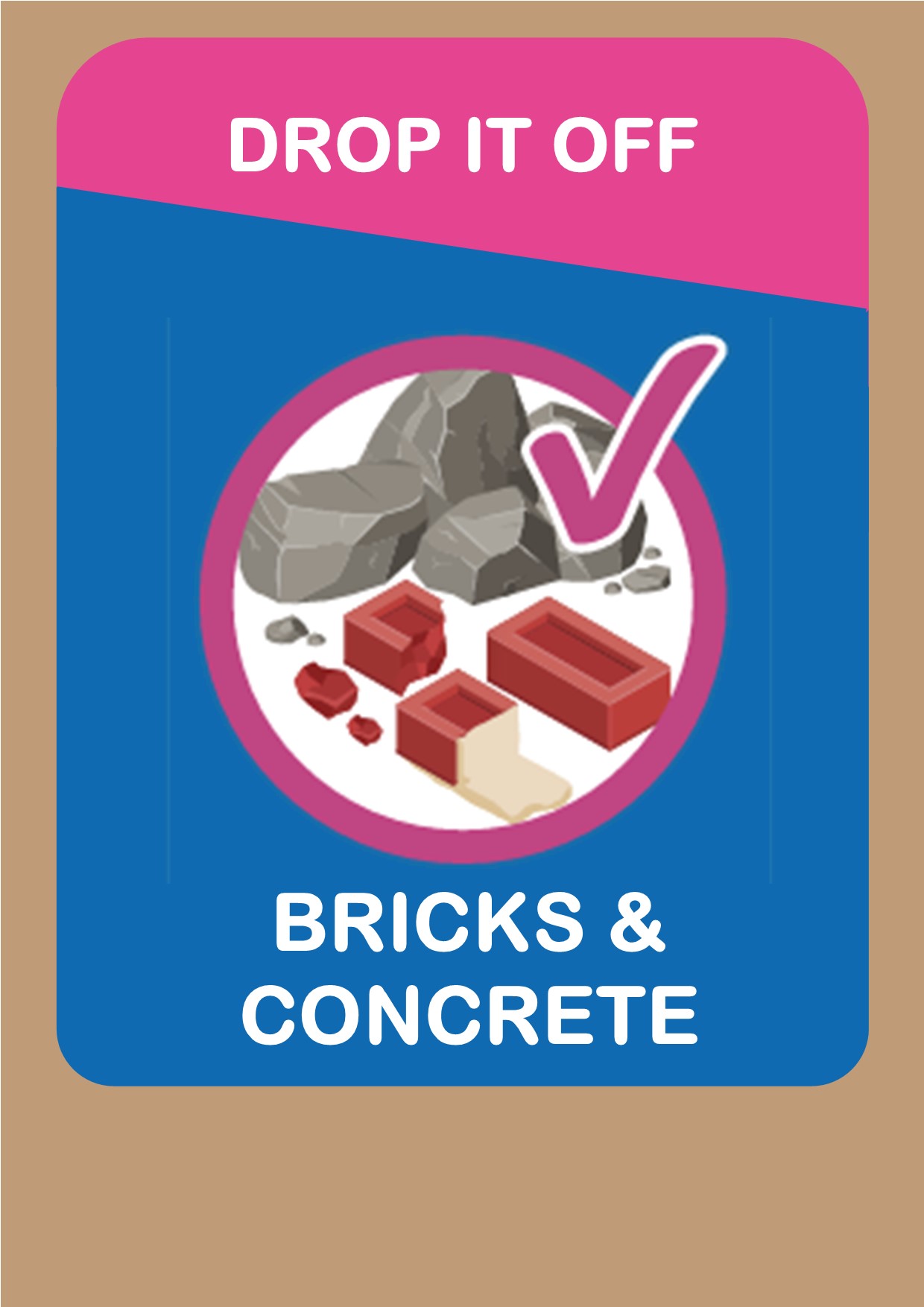
BRICKS & CONCRETE
Construction materials such as bricks, concrete (with or without rio), limestone ashlars and roofing tiles (clay, slate and terracotta) are accepted at Councils Millicent and Penola Resource Recovery Centres. These materials are crushed and re-used as controlled fill or recycled rubble.
Millicent and Penola Resource Recovery Centres will accept domestic quantities only of these materials from small renovations and clean ups at residential premises. For large building and renovation works onsite skip bins are recommended due to the amount and other materials such as insulation, gyprock, concrete sheeting and treated timber are not accepted at Council waste disposal sites.
They are not accepted at Beachport, Furner or Glencoe Waste Transfer Stations.
Small amounts can be sent to landfill in your general waste bins, however this does not recycle the materials and you must be careful not to exceed the bin weight limit of 70kg.
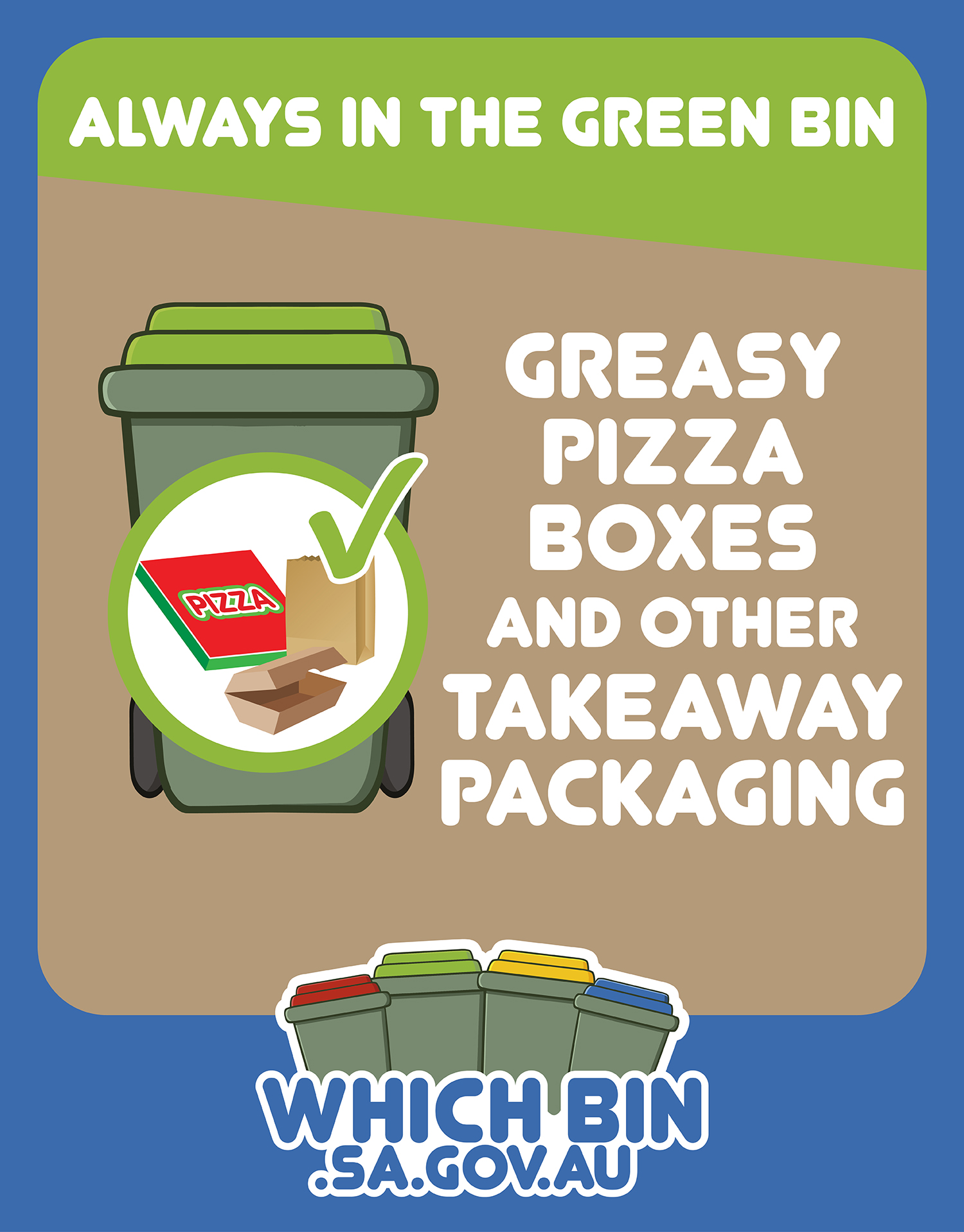
CARDBOARD BOXES (dirty / greasy)
Pizza boxes especially when they’re greasy and have cheese or other food stuck to them – are great in your green bin. Dirty cardboard can not be recycled through the yellow co-mingled recycling bins.
Other takeaway packaging that can go into your green bin include;
The general rule for the green bin is ‘if it grows, in it goes!’ Things like cardboard and paper are made from trees, which of course grow, so these items are good to go in your green bin. Any other products that are certified 100% compostable (they’ll have the seedling logo AS 4736 can also go in your green bin.
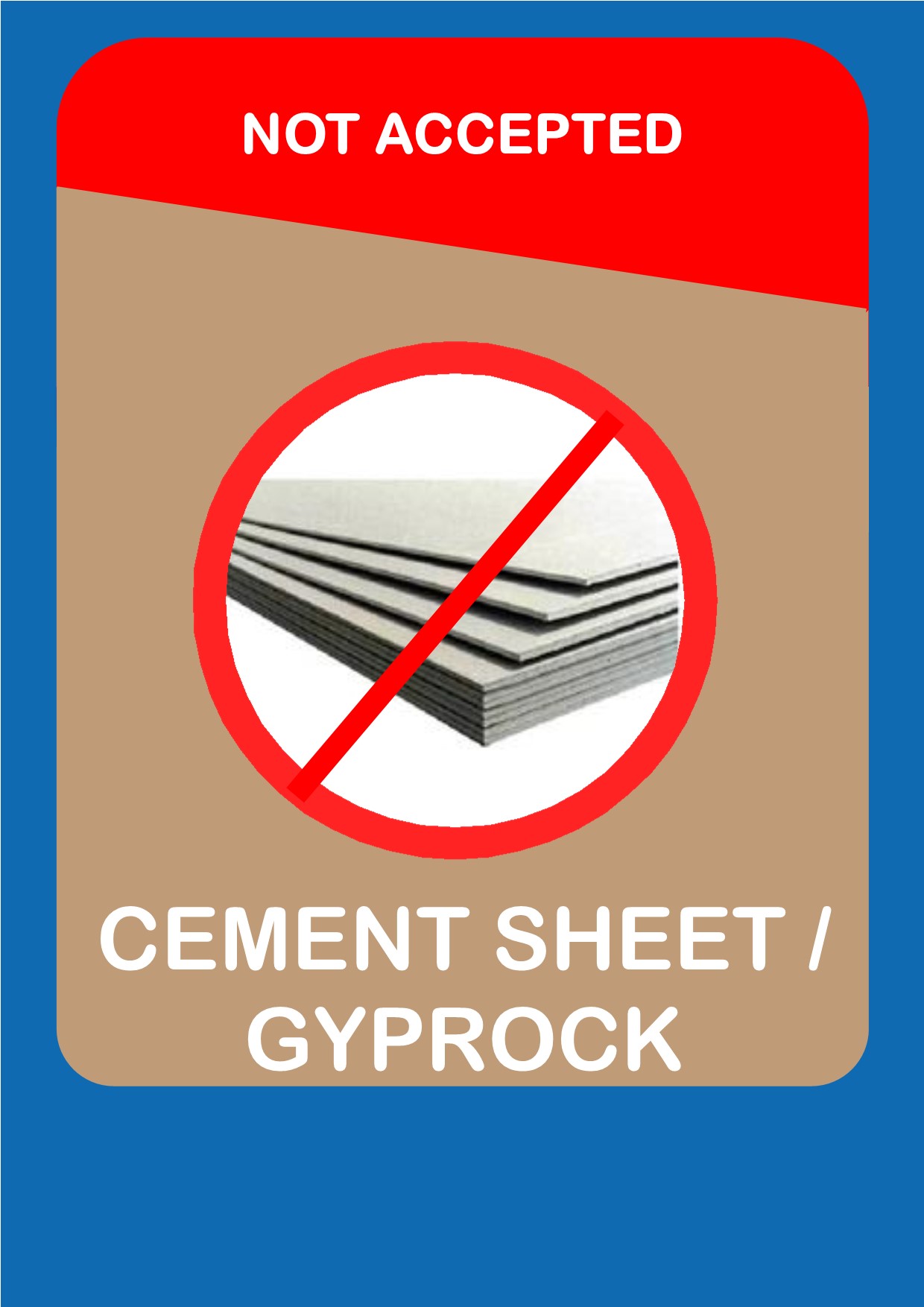
CEMENT SHEETING / GYPROCK
Due to cement sheeting and gyprock looking similar to asbestos and the risks associated with this material, cement and gyprock sheets are not accepted at any of Council's waste disposal sites.
Small amounts can be sent to landfill in your general waste bin, however you must be careful not to exceed the bin weight limit of 70kg. Skip bins can be arranged through local waste contractors for disposal of this material to inert landfill.
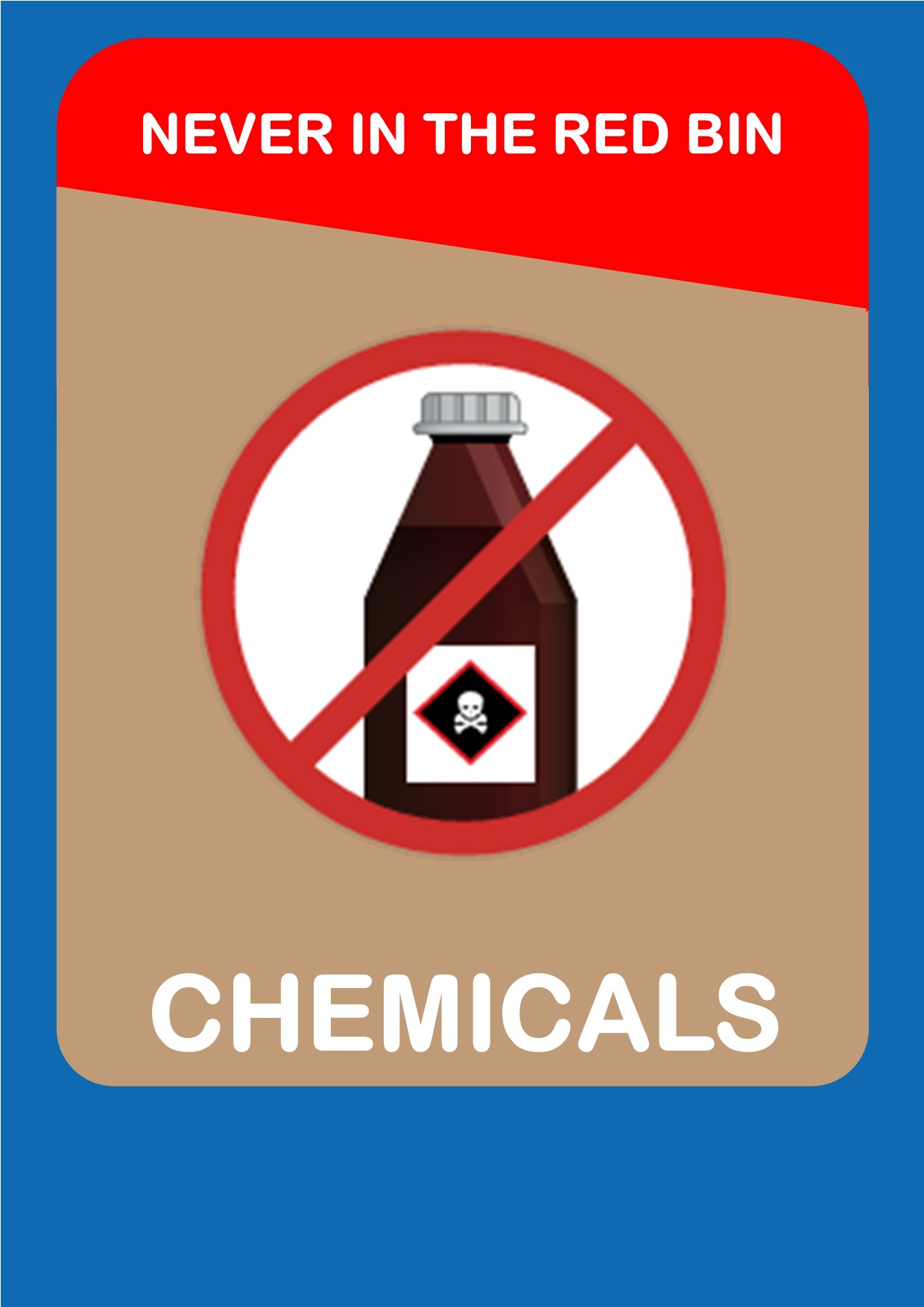
CHEMICALS
Not accepted by Council. Contact local Waste Management companies for advice.
Cleanaway (08) 8741 8600
Veolia (08) 8203 3506
ChemClear is the sister program of drumMUSTER and collects obsolete or unwanted agvet chemicals for disposal. Council assists by providing suitable sites to host the collection program when run locally. ChemClear schedule collections in each state approximately every 2 years. If drums/containers contain the drumMUSTER logo they are accepted at no cost, other chemicals may incur a charge. To see if any upcoming visits are scheduled please visit ChemClear's website.
drumMUSTER is available at the Millicent and Penola Resource Recovery Centres by appointment only. DrumMUSTER is a national program for the collection of empty and cleaned agvet. To make an appointment contact Veolia (08) 8203 3506.
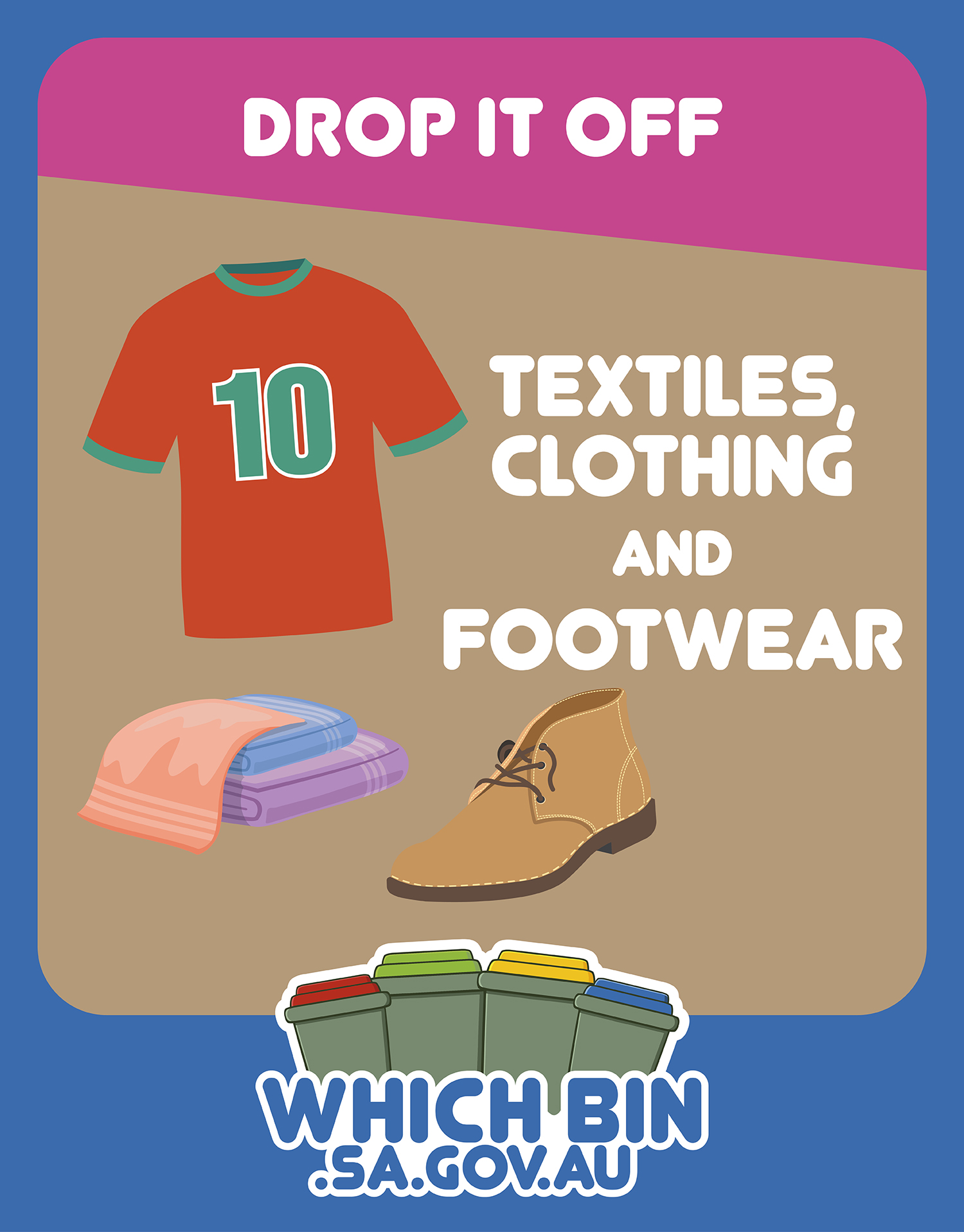
CLOTHING & SHOES
If clothing items (including shoes and accessories) are still in good condition (i.e. not stained, torn or soiled), then these items should be responsibly donated to a charity op shop. They can not be placed in your yellow kerbside recycling bin, they must be taken to charity stores or donated in their donation bins.
Fabric or clothing which has some staining can be donated to charity stores for re-use as cleaning rags. Please bag these items separately to clothing in good condition to assist volunteers sorting donations.
If the clothing and shoes are not in a good enough condition to donate, they can be placed in the general waste bin to landfill.
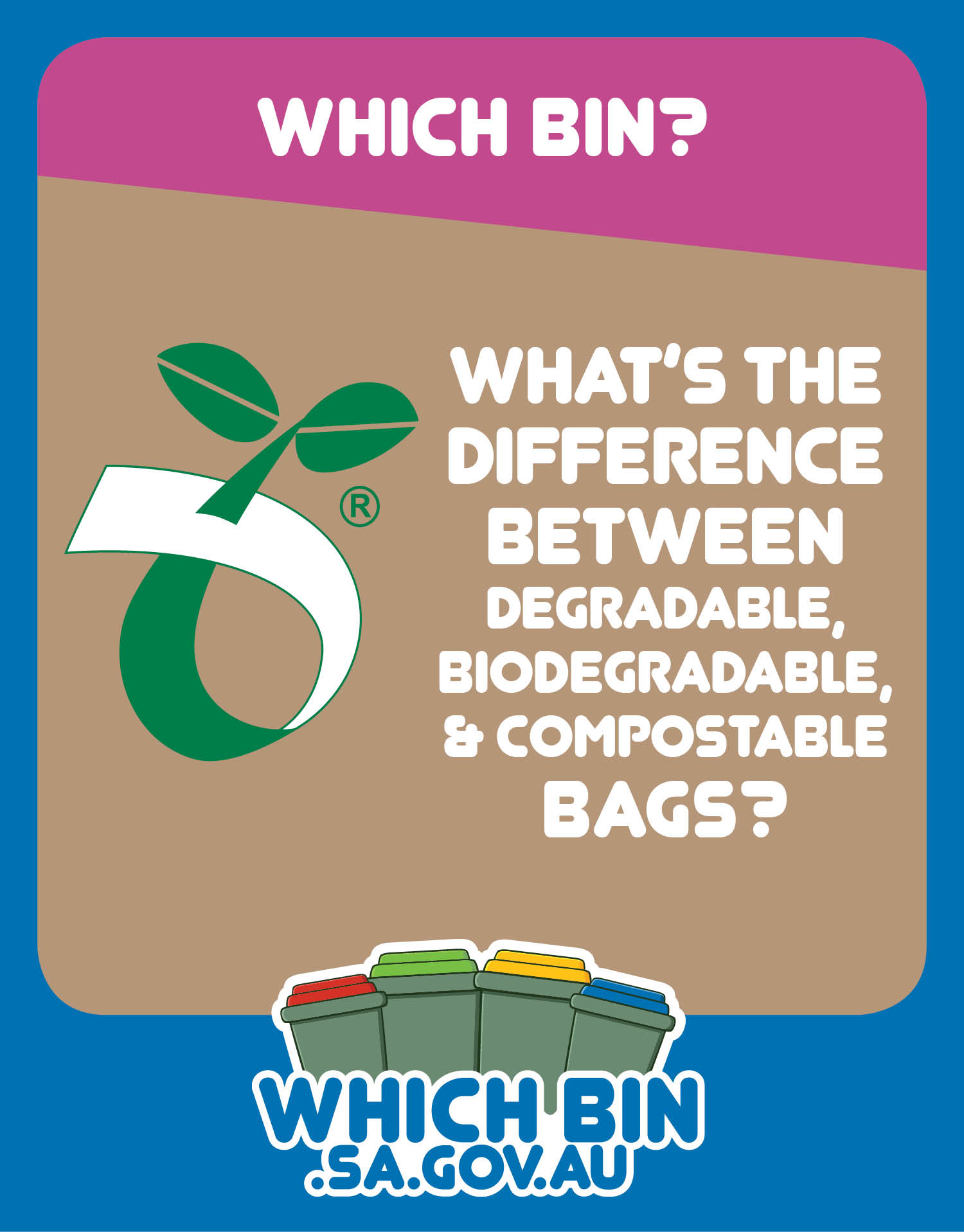
COMPOSTABLE BAGS
Compostable, degradable and biodegradable plastic: what’s the difference?
COMPOSTABLE bags are made of natural plant starch, and do not produce any toxic material. They break down readily in a composting system through microbial activity to form compost.
In order to be classified as compostable they must meet the Australian Standard for compostability AS 4736 and be marked with the seedling logo (shown in the which bin image to the left).
DEGRADABLE & BIODEGRADABLE bags are made from plastic with other chemicals added (including heavy metals). This causes the plastic to break down and disintegrate over time when exposed to sunlight and heat, breaking down into hundreds of tiny pieces of plastic.
Degradable and biodegradable bags should only be placed into your red general waste bin to landfill.
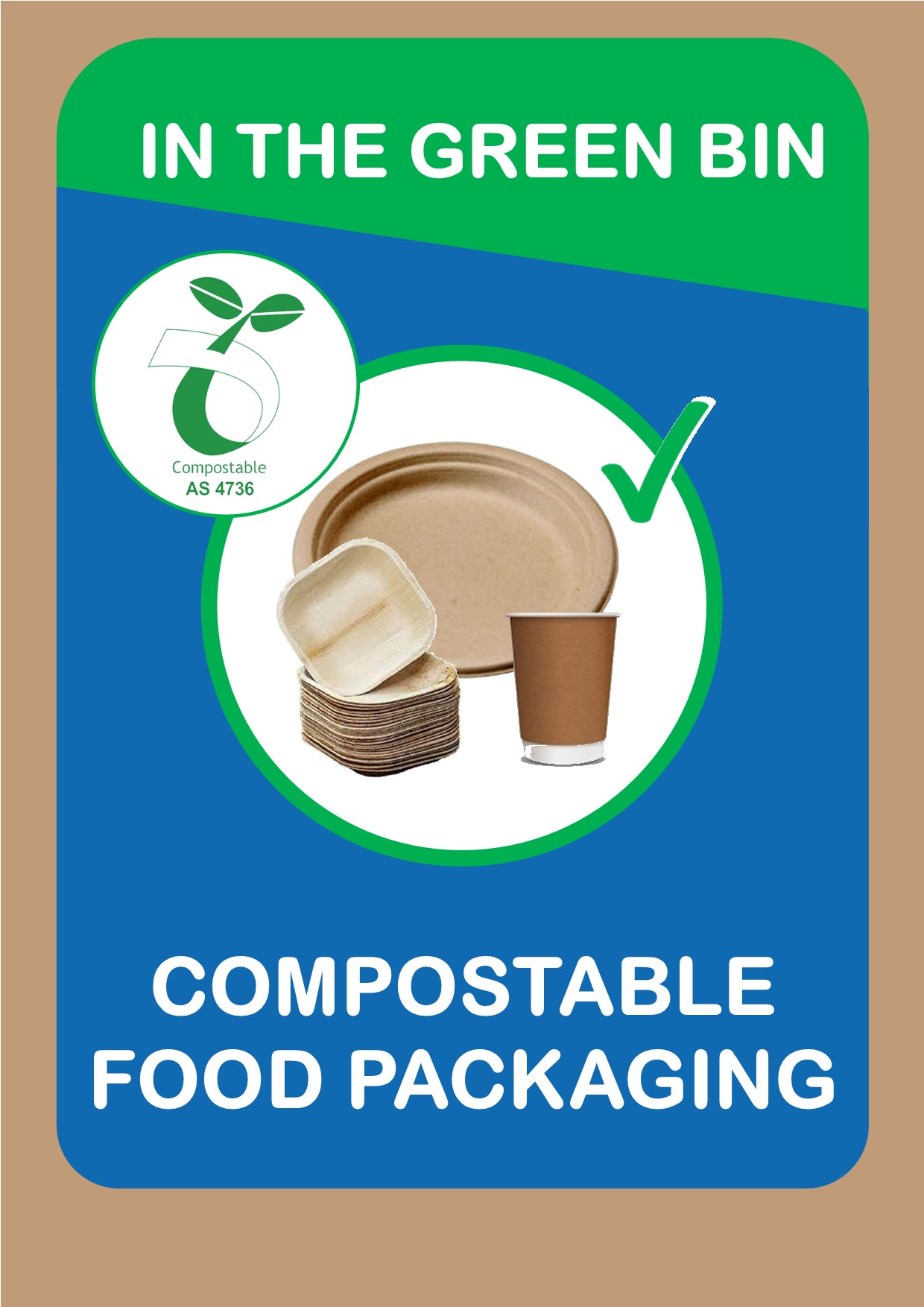
COMPOSTABLE FOOD PACKAGING
Compostable takeaway cups and plates need to go into the green bin, they cannot go into the yellow bin as they need to be composted, and go to a different facility than yellow bin recyclables.
Products that are certified 100% compostable will contain the seedling logo or identified by 'AS 4736' shown in the image to the left.
Other examples of compostable food packaging include:
- paper bags for bakery items or hot chips
- cardboard burger boxes
- paper towel, napkins and tissues
- bamboo plates, clam shells and cutlery
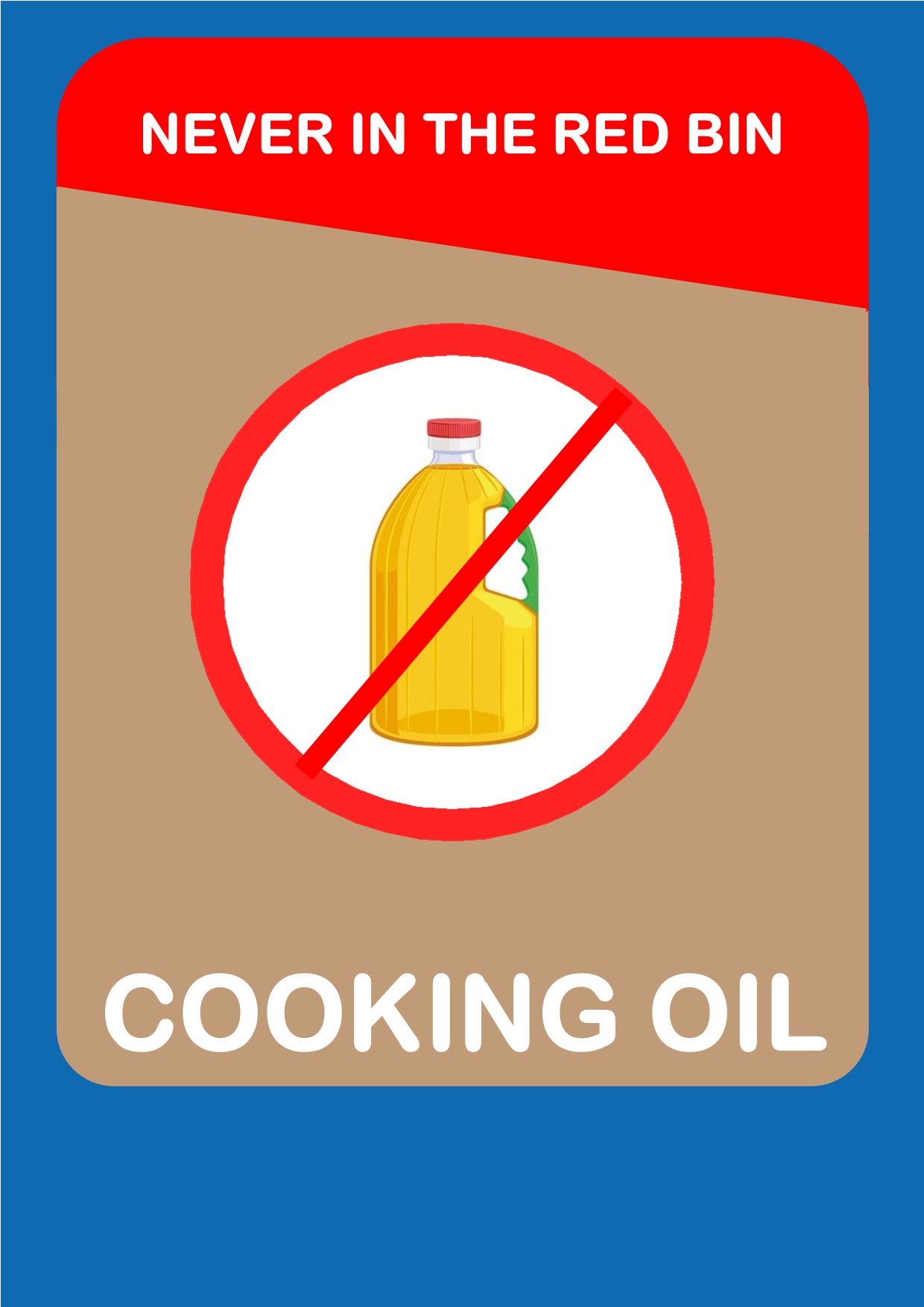
COOKING OIL
Liquid wastes are banned from disposal to landfill under the Environment Protection (Waste to Resources) Policy 2010. Cooking oil can spill out of bins when being emptied and require clean for safety and environmental issues.
Very small amounts of used cooking oil can be mixed with organic material in the green organics bin. Domestic amounts of cooking oil are accepted at the City of Mount Gambier Waste Transfer Station for a fee.
Commercial business should engage a suitably licensed waste contractor to collect and appropriately recycle cooking oil.
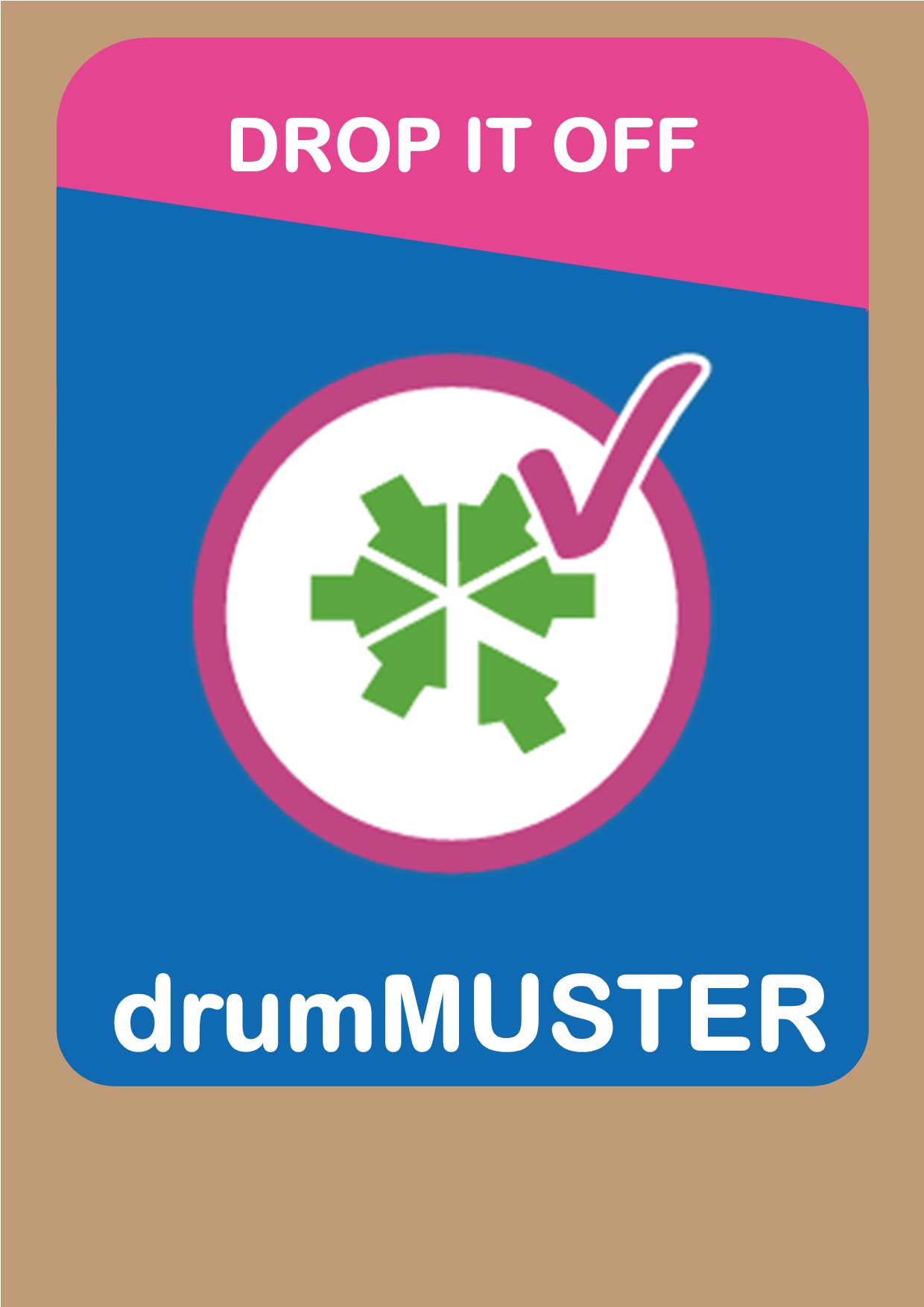
drumMUSTER
drumMUSTER provides Australian agricultural and veterinary chemical users with a recycling pathway for eligible empty agvet chemical containers. The program ensures chemical containers are recycled in a way that diverts resources from landfill and prevents contamination to our environment. Council provides drumMUSTER disposal facilities at both the Millicent and Penola Resource Recovery Centres.
Appointments are essential for disposing of eligible drumMUSTER containers and can be made by contacting the site contractor, Veolia on (08) 8203 3504 or email sa.vlooperations@veolia.com.
Residents are encouraged to visit the drumMUSTER website to ensure they are familiar with all conditions of the program. drumMUSTER can be contacted directly on 1800 008 707 or info@drummuster.org.au.
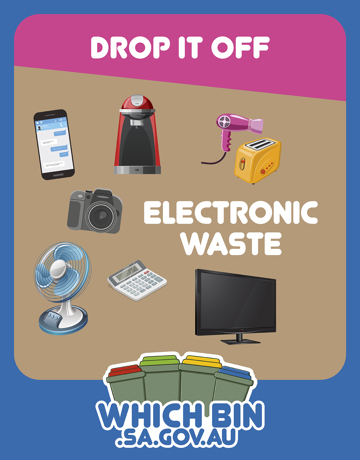
E-WASTE
E-waste must not be disposed of in the kerbside general waste or recycling bins.
Since 2013 e-waste has been banned from being sent to landfill. E-waste can contain hazardous materials including heavy metals and glass which if broken or damaged pose an unacceptable environmental hazard.
E-waste can be readily recycled (including 90% of what is used to make televisions and computers), saving valuable, finite resources. To recycle e-waste it must be dropped off at suitable locations, including any of Council's five waste disposal sites. E-waste can not be placed in kerbside recycling bins.
E-waste can describe televisions, calculator, camera, computers and accessories, electric fans, vacuum cleaners, irons, electric knives, electric shavers, telephones, radios, video cameras, speakers, sewing machines, drills, saws, electronic toys or hand held video game consoles.
Whitegoods such as washing machines, fridges or ovens are treated as scrap metal (see below).
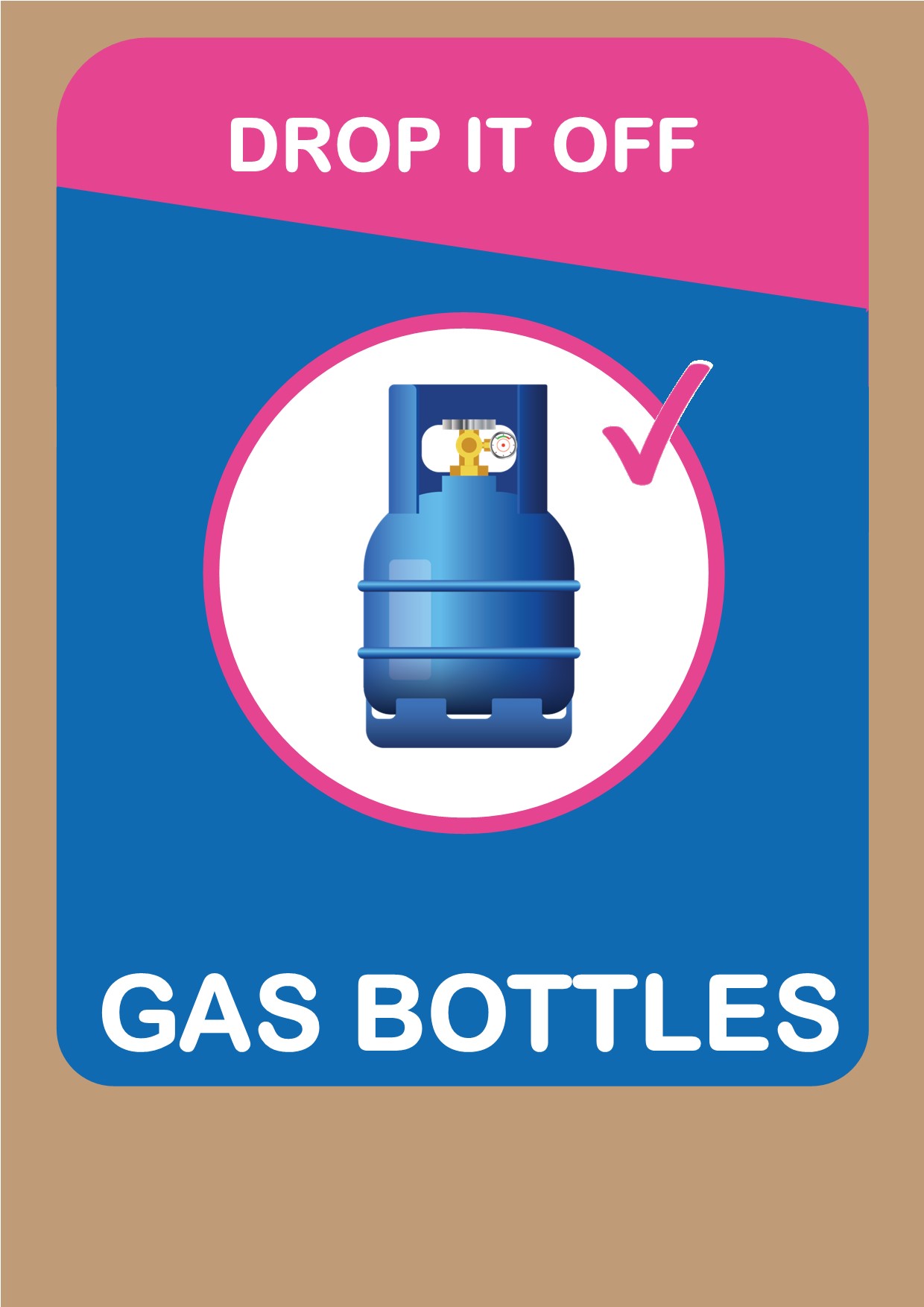
GAS BOTTLES / LPG CYLINDERS
Gas bottles are a hazardous waste item and should never be placed in your general waste or recycling bin at home. They present a fire hazard when compacted in a collection truck, placing the truck driver and members of the public in danger.
Empty gas bottles can be dropped off for recycling at all Council waste disposal sites. Specific containers are provided in scrap metal collection areas for empty gas bottles. Site Attendants onsite can provide directions.
Or they can be taken directly to Millicent Scrap Metal Recyclers Aberle Street, Millicent (08) 8733 4845.
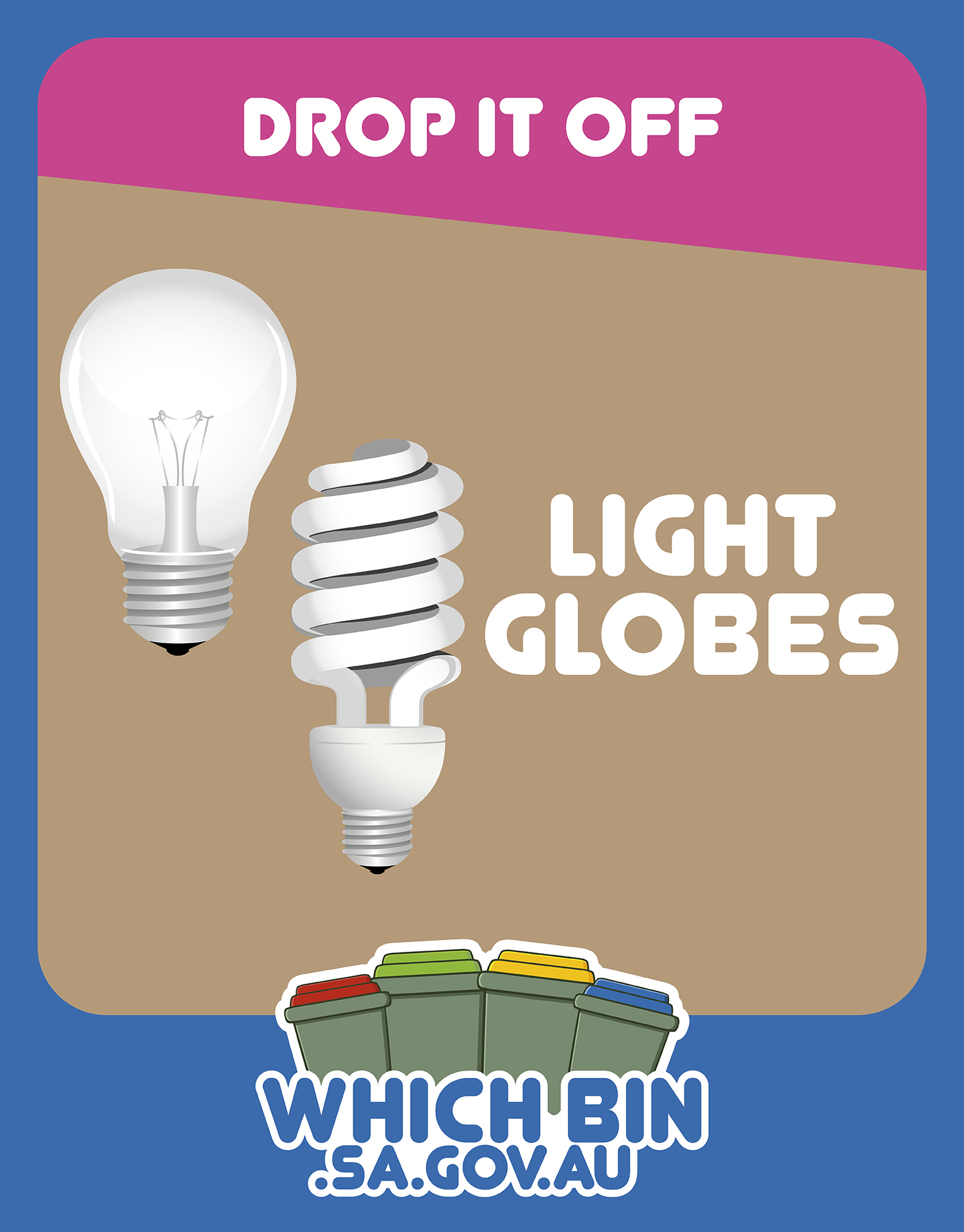
LIGHT GLOBES / FLUOROS
Fluorescent globes /tubes are banned from direct disposal to landfill due to potential environmental contamination. No style of light globes can be recycled through your kerbside bins, drop off to special facilities is required.
All globes including halogen, incandescent and fluorescent globes can be dropped off at Council waste disposal sites (excluding Beachport) for safe recycling. This is for domestic quantities only. Ask your Site Attendant where to place them.
Various hardware and lighting stores will accept lights globes/tubes for recycling, there may be a charge depending on the business.
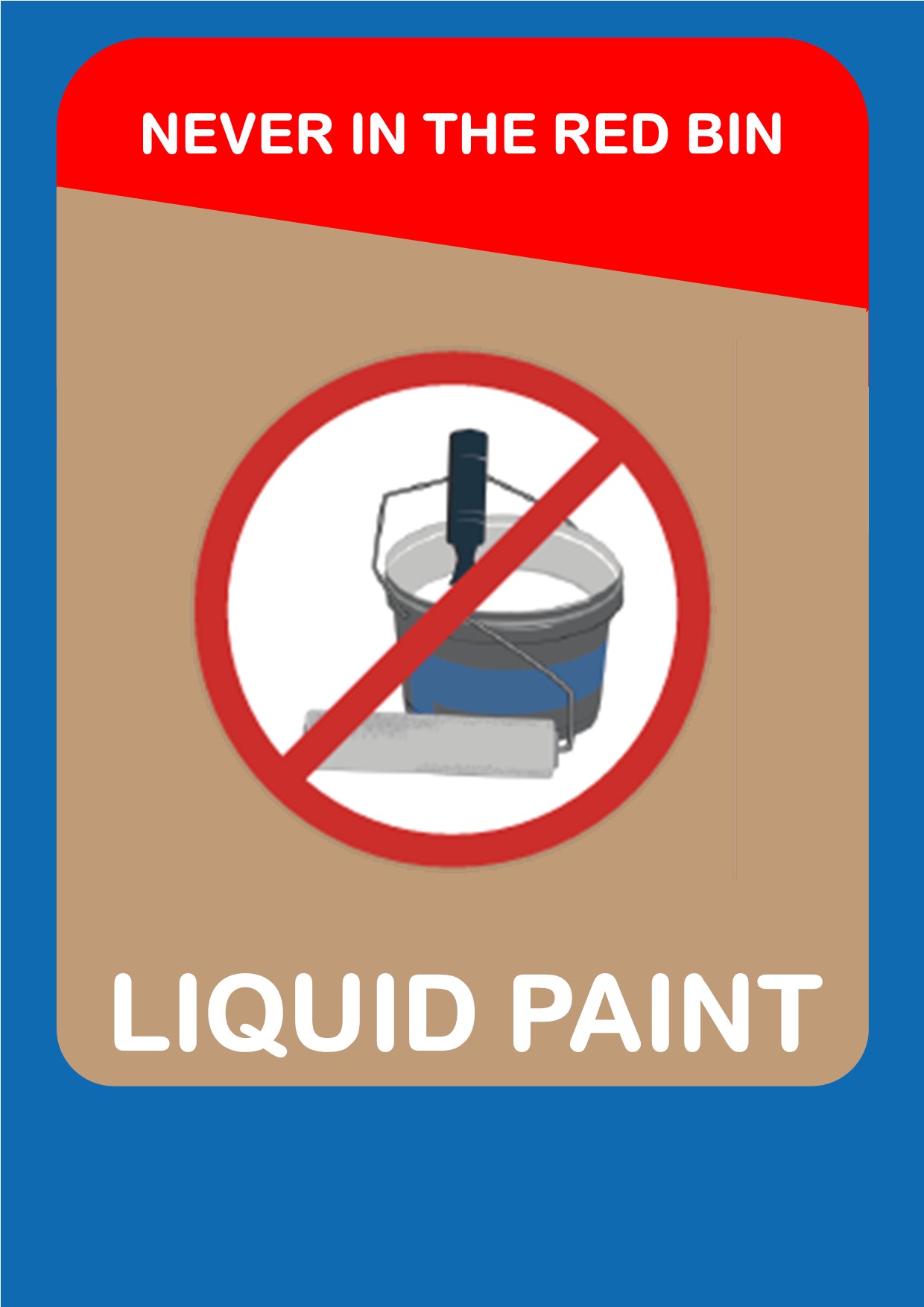
LIQUID PAINT
Liquid wastes are banned from disposal to landfill under the Environment Protection (Waste to Resources) Policy 2010.
Liquid paint must be dry and solid before it can be disposed of. If you have to throw paint away, leave the lid off to dry paint or you can added shredded paper or kitty litter to quicken the process. If you need to get rid of a lot of paint you may need to use a paint hardener.
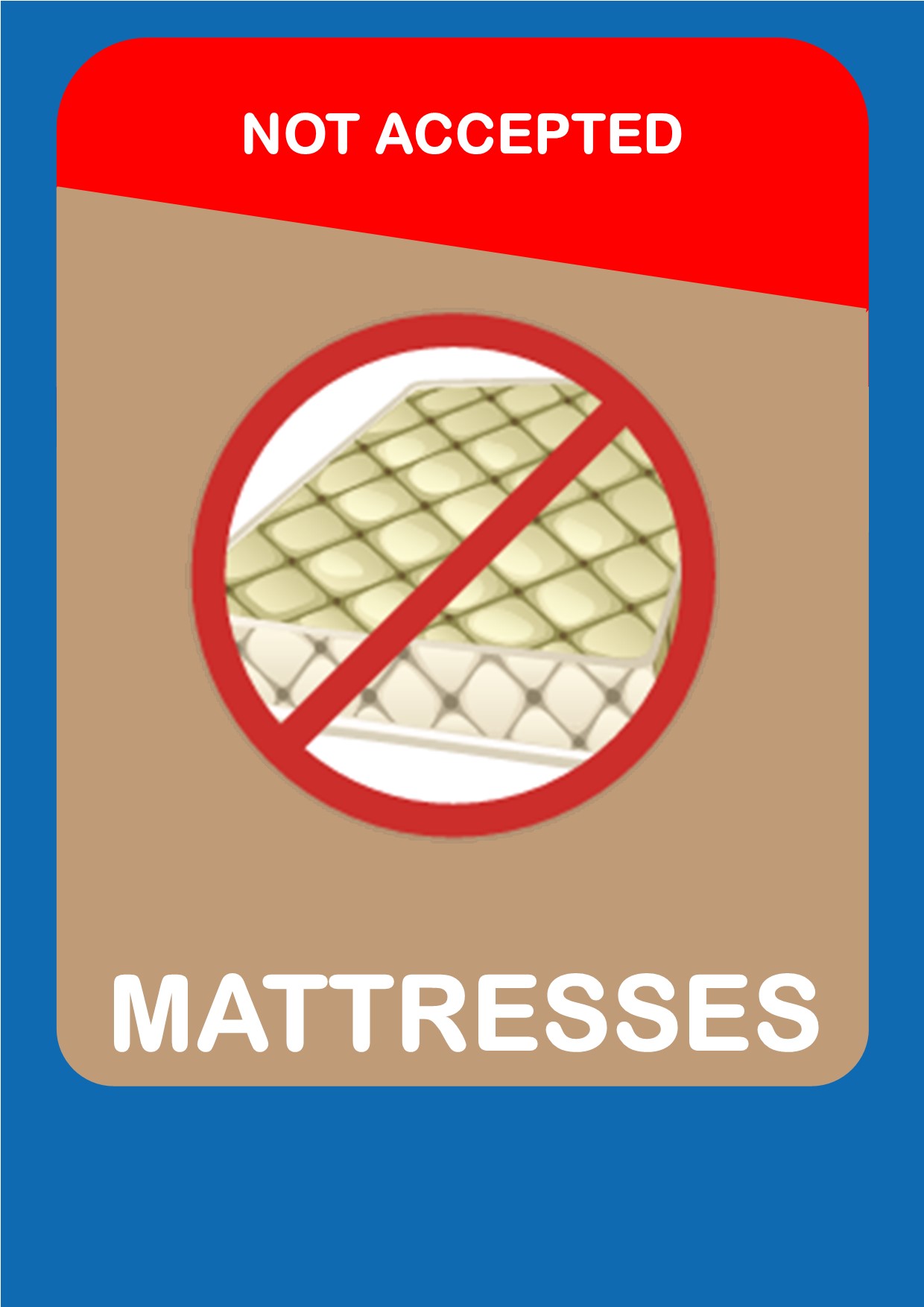
MATTRESSES
Mattresses are not accepted at any of Council's waste disposal sites, unless they are pulled apart and segregated into their metal, timber and general waste components.
If in good condition try re-selling mattresses.
Full mattresses can be disposed of at the Mount Gambier Waste Transfer Station for a fee based on size.
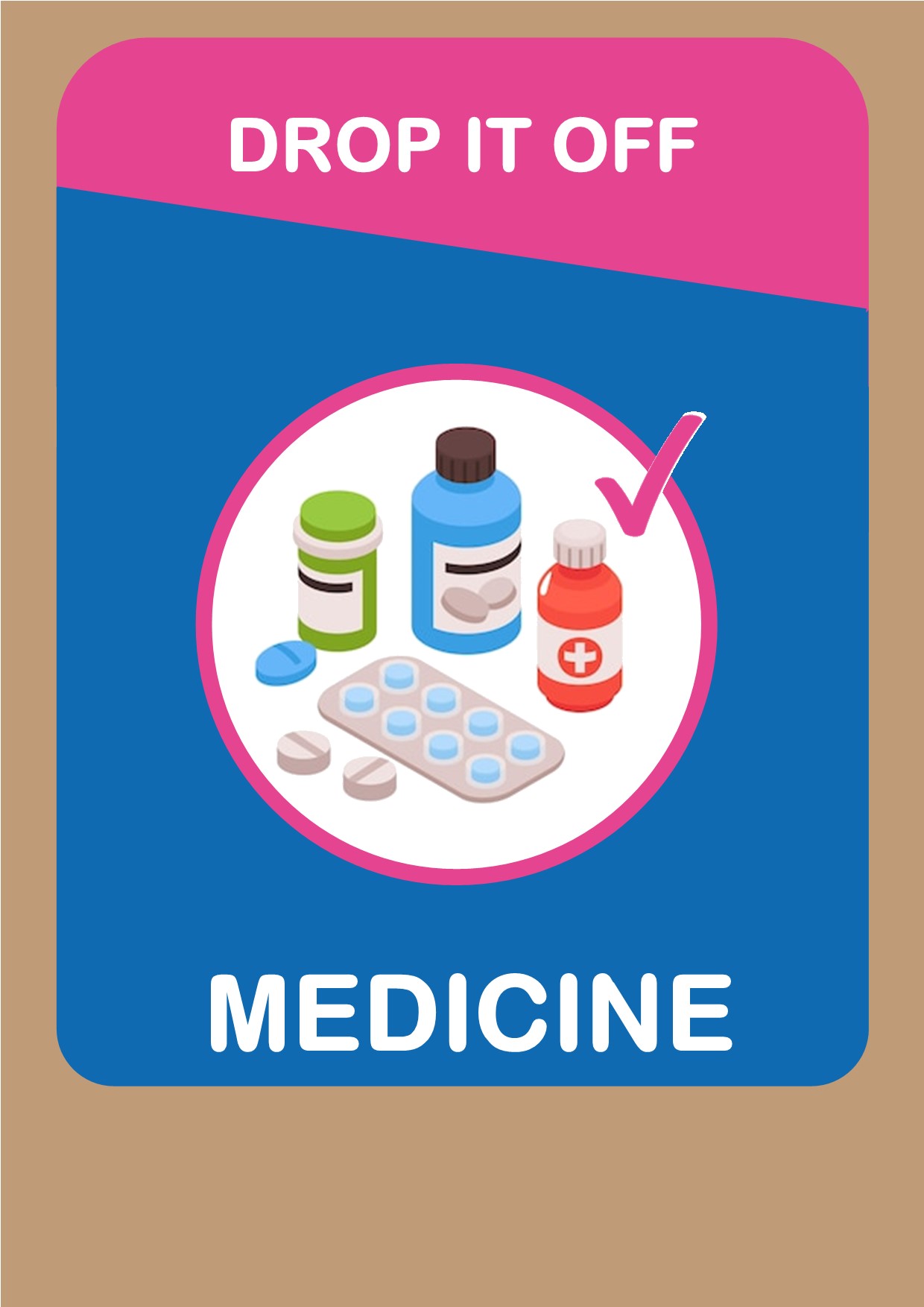
MEDICINE
Out of date or unwanted medicines should not be disposed of in general waste or by flushing them down the sink or toilet. Medicines can leach into waterways through incorrect disposal through the sewer or landfill.
Unwanted or expired medicines should be returned to your local pharmacy for secure storage before being safely disposed of.

METAL CANS / TINS & LIDS
Cans, like the ones peas and corn come in, can be rinsed and placed in your recycling bin.
To recycle the metal lids from cans and jars, collect them inside of a can. Once the can is full, squeeze the top of it shut, so the lids don’t fall out, and place it in your recycling bin.
Aluminium screw-top lids from wine bottles can be gathered with aluminium foil and rolled into a ball around the size of a tennis ball, then placed in the recycling bin.
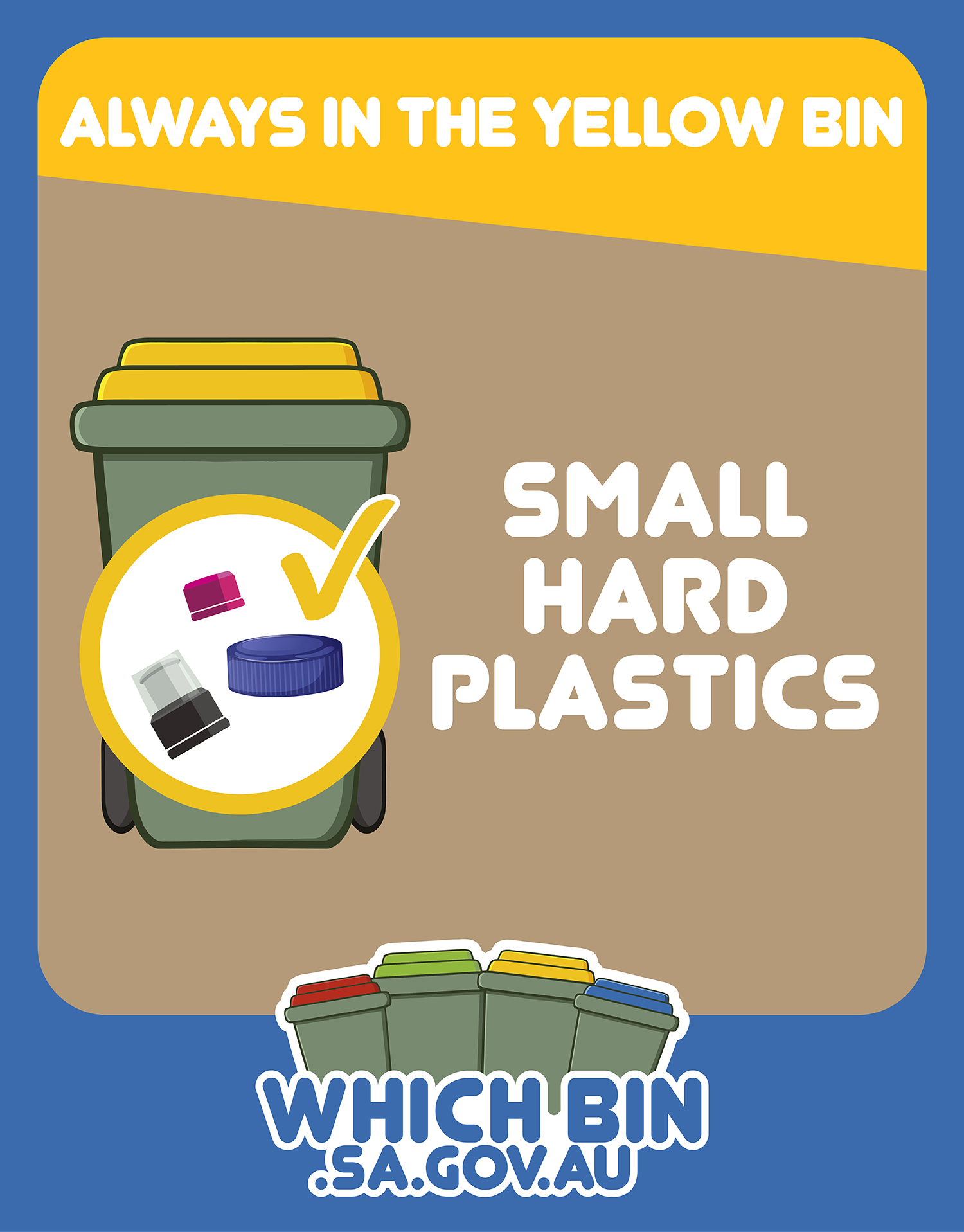
PLASTIC - SMALL LIDS / CAPS
Small hard plastics can fall through machinery at the recycling centre or be difficult to pick out at hand sorting facilities and need a little extra care to make sure the resources are collected for recycling.
TIP: Small hard plastics, like bottle tops and bread tags, can be safely recycled by collecting them in a clear plastic bottle, like a milk bottle. Once the bottle is full, pop the lid back on and place it in your recycling bin.
Other plastic lids from butter, margarine, yogurt and ice-cream tubs can also be placed inside the bottle by making a slit down the side of it and sliding them in.
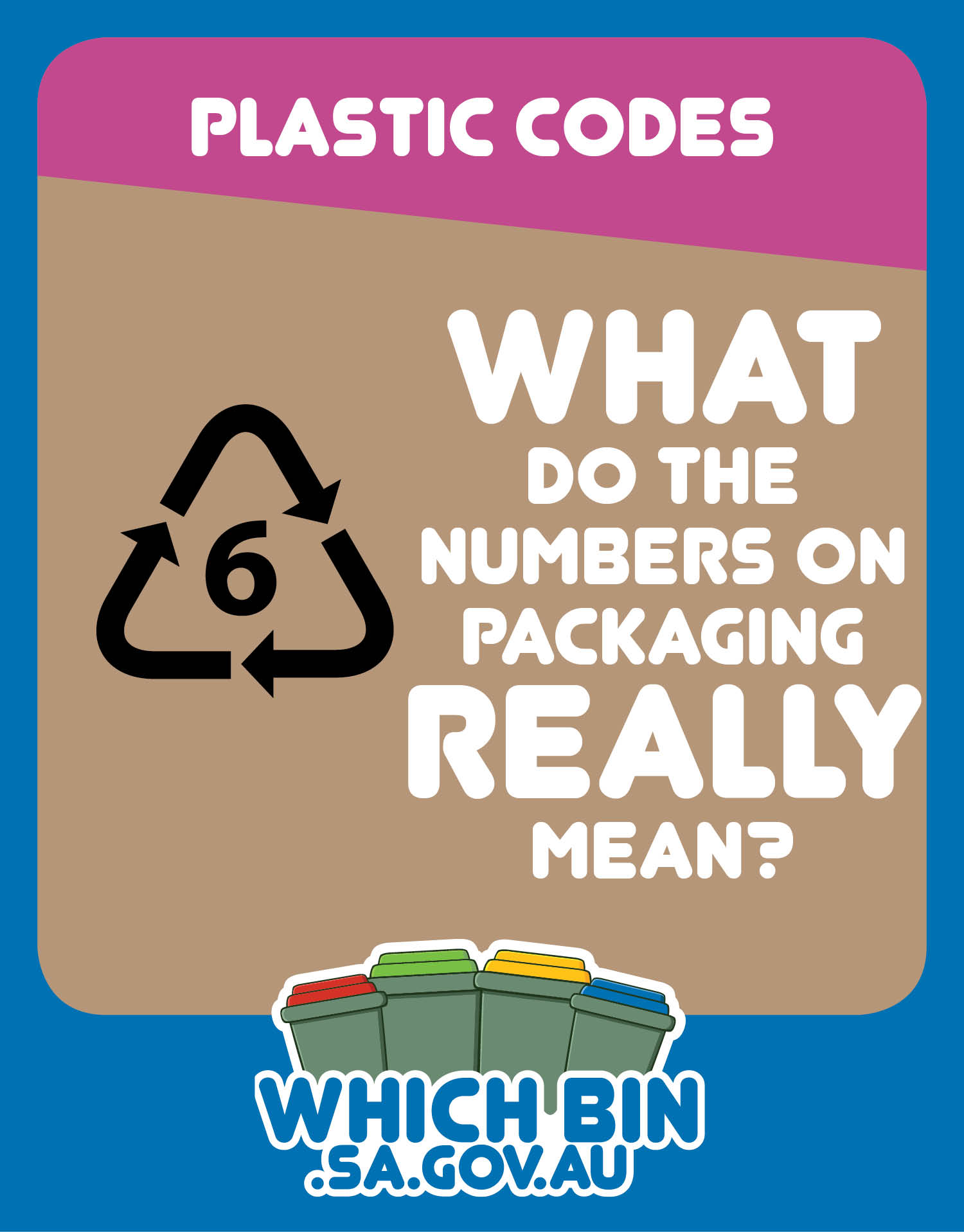
PLASTIC - CODES
What do the numbers on plastics really mean?
The numbers 1 to 7 found on plastics is not a recycling symbol, but rather a plastic or resin identification code.
The number advises what type of plastic the item is made from, but not whether it’s recyclable.
Rigid / hard plastics coded 1 to 5 can be recycled in your yellow-lidded recycling bin in the Wattle Range Council, however expanded polystyrene foam, number 6, and plastic bags, which are usually number 2 or 4, cannot be recycled through kerbside recycling bins.
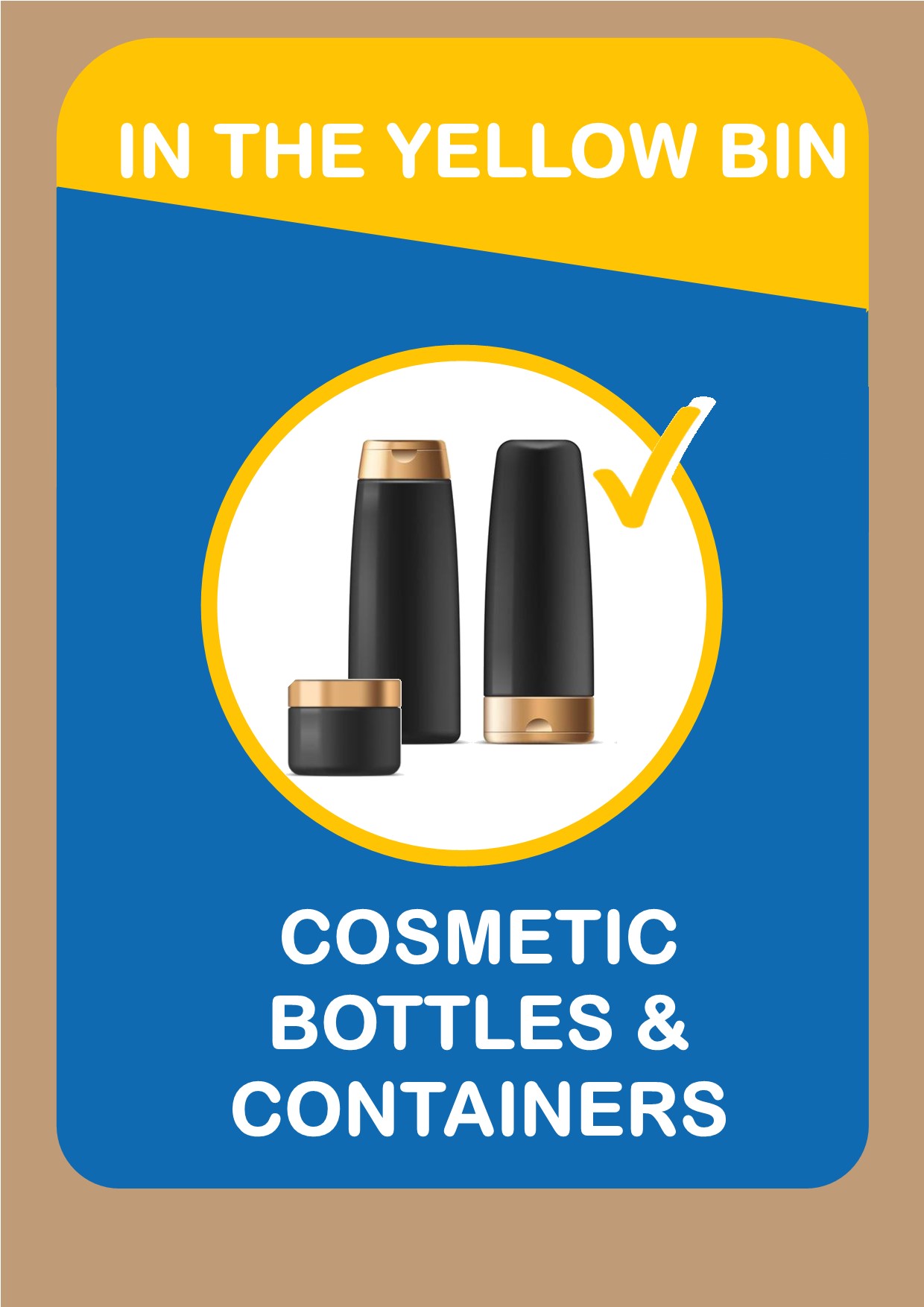
PLASTIC - COSMETIC CONTAINERS / SHAMPOO BOTTLES
As long of the hard plastic containers or bottles are empty and contain plastic only components they can be recycled in the yellow bin.
Any small bits of plastic that can be separated from other materials or contents can go inside a milk bottle and in the yellow bin.
Items made of combined materials that can not be separated (eg. pumps, droppers, brushes or mascara wands) need to go in the red general waste bin.
TIP: speciality recycling points are available for some mixed media cosmetic items (i.e. compacts with mirrors, mascara tubes/wands and lipstick). Priceline participate in the Terracycle program and full details of the program are available on the Priceline website.
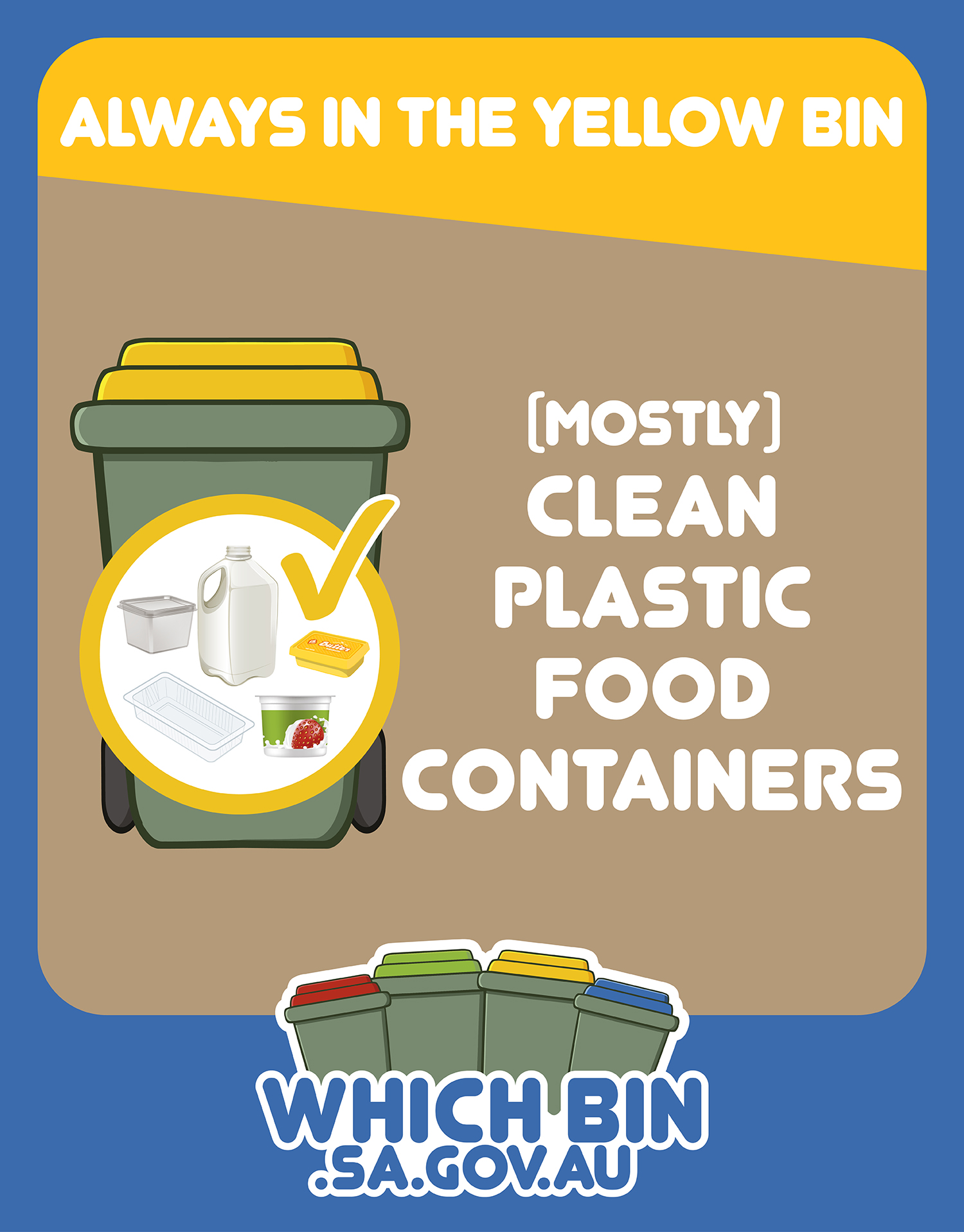
PLASTIC - FOOD CONTAINERS
Plastic food containers and bottles, like ice cream tubs, yoghurt pots, butter and margarine tubs, sauce bottles, dip containers, and more, can all be placed in your recycling bin.
Before you put them in the bin, remove the lids, empty any food contents into your green organics bin, and give them a quick rinse. This is an important step as foods and liquids can cause a mess in your recycling bin, and at the recycling facility.
TIP: before you pull the plug, rinse containers using water in your sink after hand washing dishes.
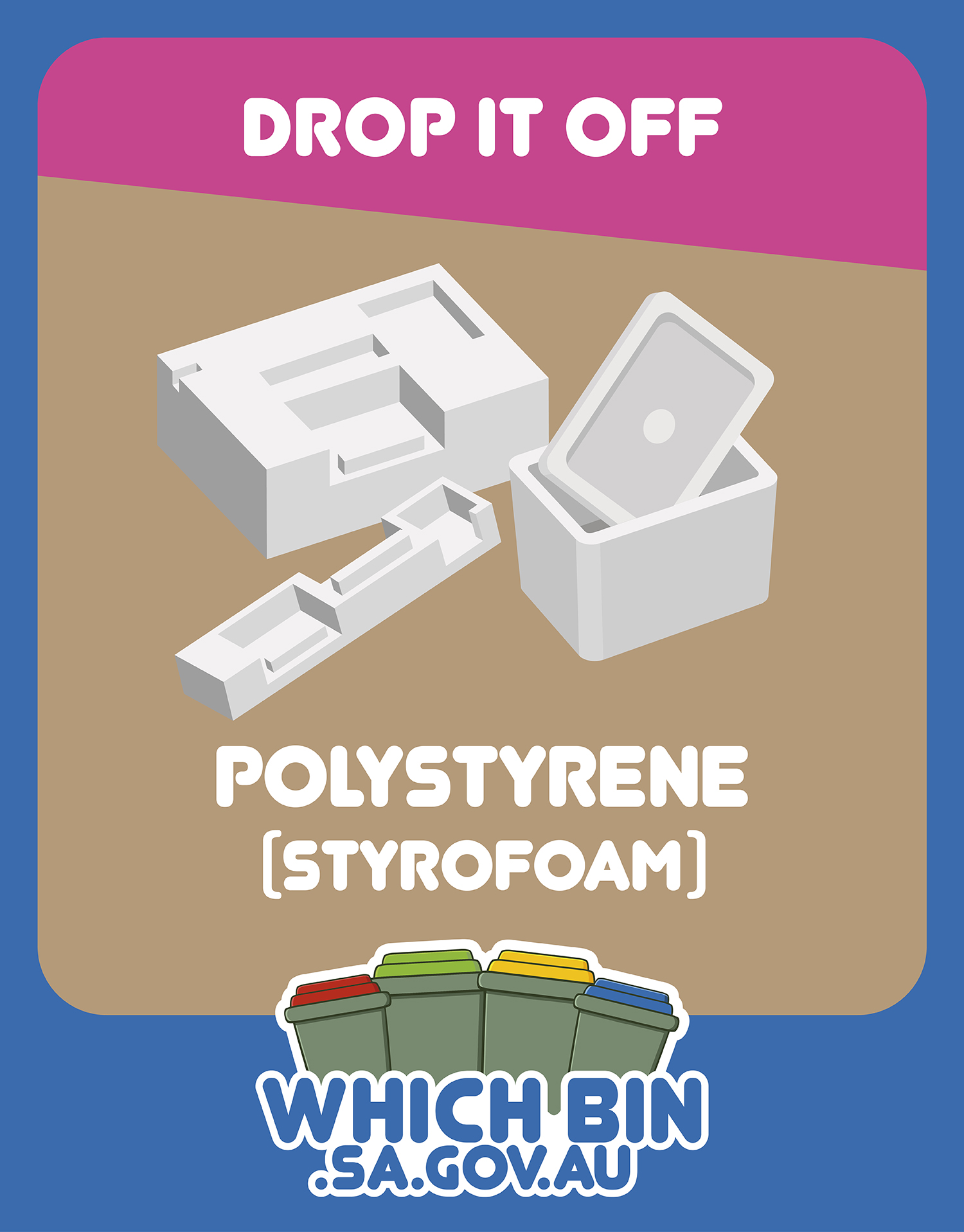
POLYSTYRENE FOAM
Expanded polystyrene (EPS), also known as Styrofoam, is used to produce items like meat trays and foam packaging. This can not be recycled through your yellow kerbside bin.
Clean polystyrene packing foam can be recycled at the Mount Gambier Waste Transfer Station. Before taking your polystyrene to be recycled, make sure it’s free of any sticky tape and labels, and is clean.
Foam meat trays and any packaging foam you can’t drop off at participating recycling centres can be placed in your general waste bin.
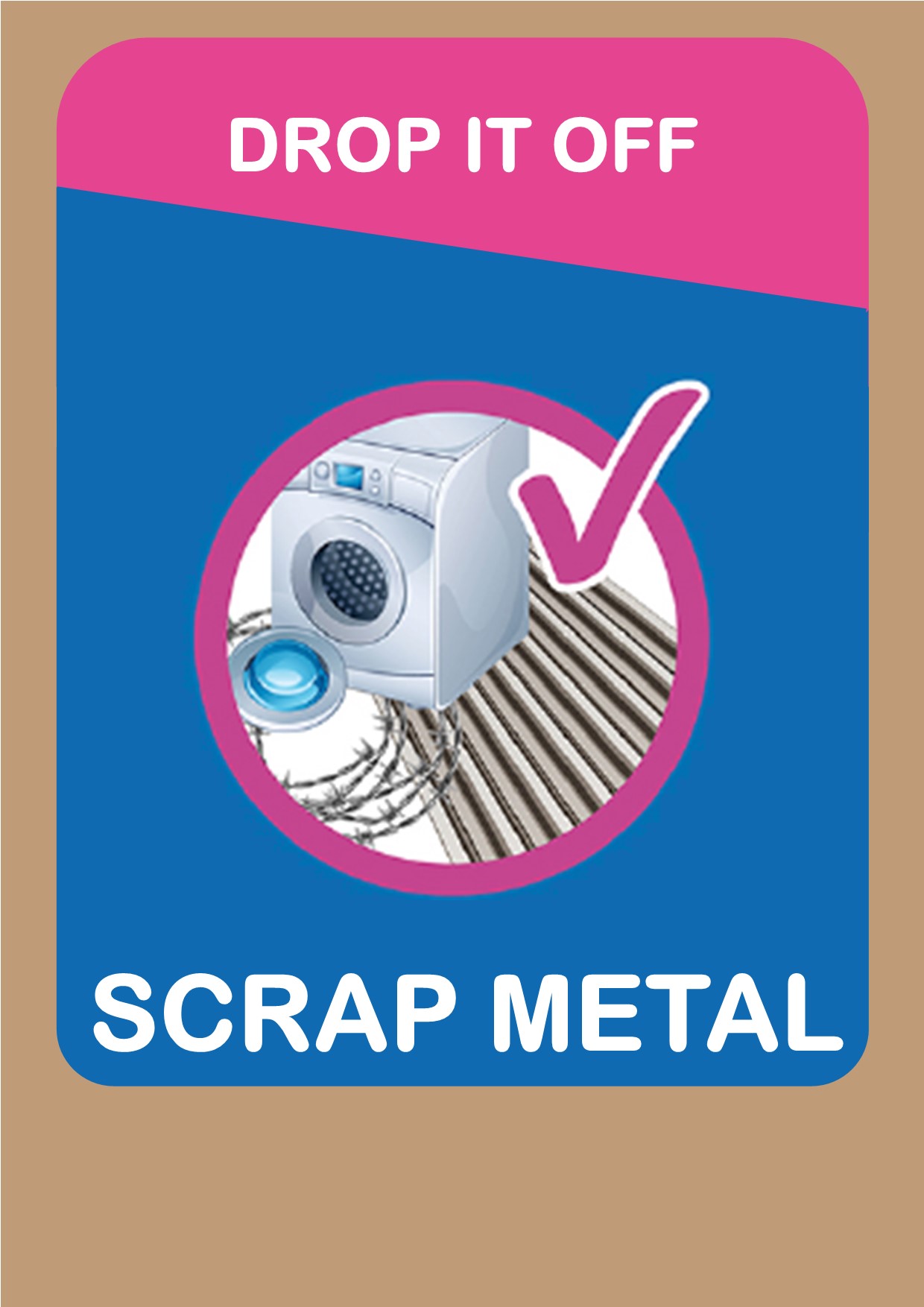
SCRAP METAL
Scrap metal can be deposited at any of Council’s waste disposal sites or taken directly to a scrap metal dealer.
Scrap metal includes whitegoods such as fridges or washing machines. Please ensure that appliances with gas bottles are degassed prior to disposal.
Other examples of items accepted as scrap metal include metal rain water tanks, wheelbarrows, outdoor chairs (metal frame only, fabric/timber to be removed), fencing and wire.
If disposing of items that have metal frames please ensure any plastic, fabric or other materials are removed as this is considered contamination.
Scrap metal dealers are situated at: Millicent Scrap Metal Recyclers Aberle Street, Millicent (08) 8733 4845.
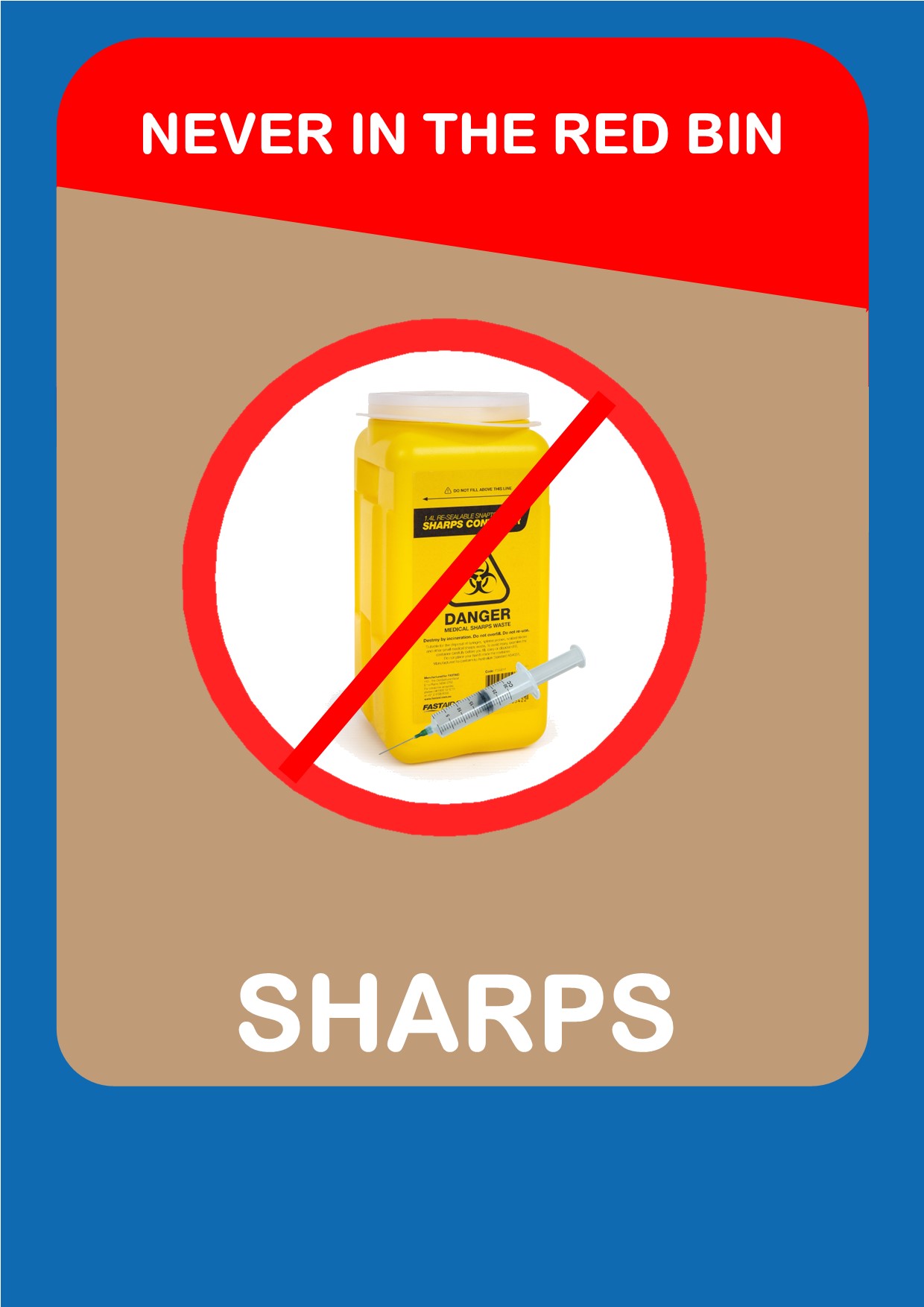
SHARPS
'Sharps’ is the collective term given to the needles, syringes and lancets used by members of the community for the administration of medication.
Sharps must not be disposed of in general waste bins due to injury risk. Medical waste needs to be disposed of following strict safety guidelines.
Residents are able to dispose of full sharps containers by taking them to Millicent Chemist & Giftware or Amcal Pharmacy in Millicent. Penola residents can dispose of them at Penola Doctors Medical Clinic. All sharps must be in a sealed and approved sharps container (AS 4031-1992 or AS 4939-2001).
Council provide wall mounted units in many public toilet facilities for the safe disposal of sharps. These are intended for the disposal of individual sharps and not suitable for the disposal of a large quantities.
If sharps are found in public places please report immediately to Council on 8733 0900 for a trained staff member to arrange safe collection and disposal.
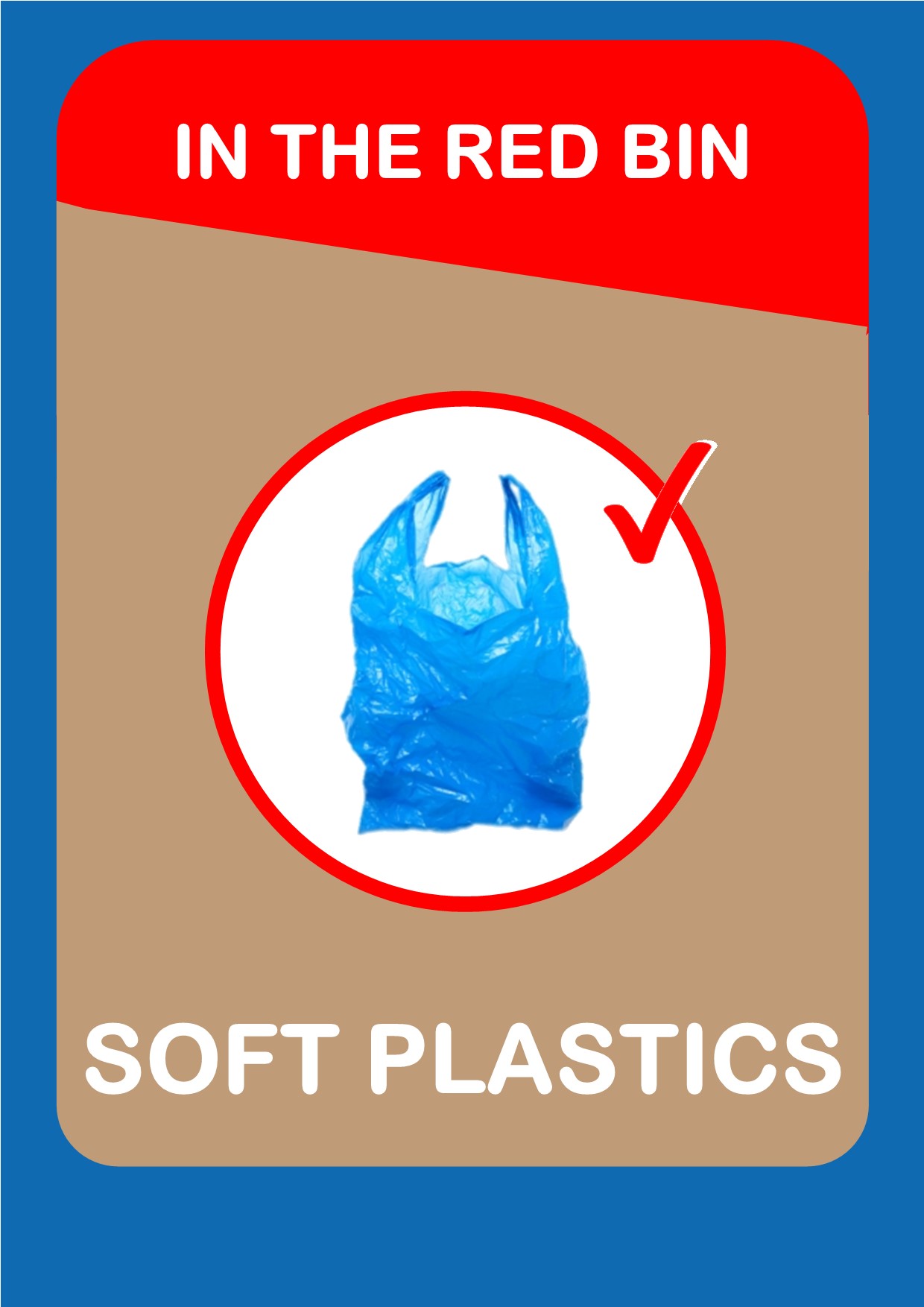
SOFT PLASTICS
At this time there are no local programs to recycle soft plastics (i.e. bags, wrappers, chip packets). Soft plastic should only go in your red lidded bin to landfill.
Soft plastics can not be placed in your yellow recycling bin.
TIP: unsure if what you have is soft plastics? A quick and easy way to test whether you have a hard or soft plastic is the 'scrunch test'. If you can scrunch the item into a ball, it is a soft plastic. If you can't scrunch it up, it is a hard plastic.
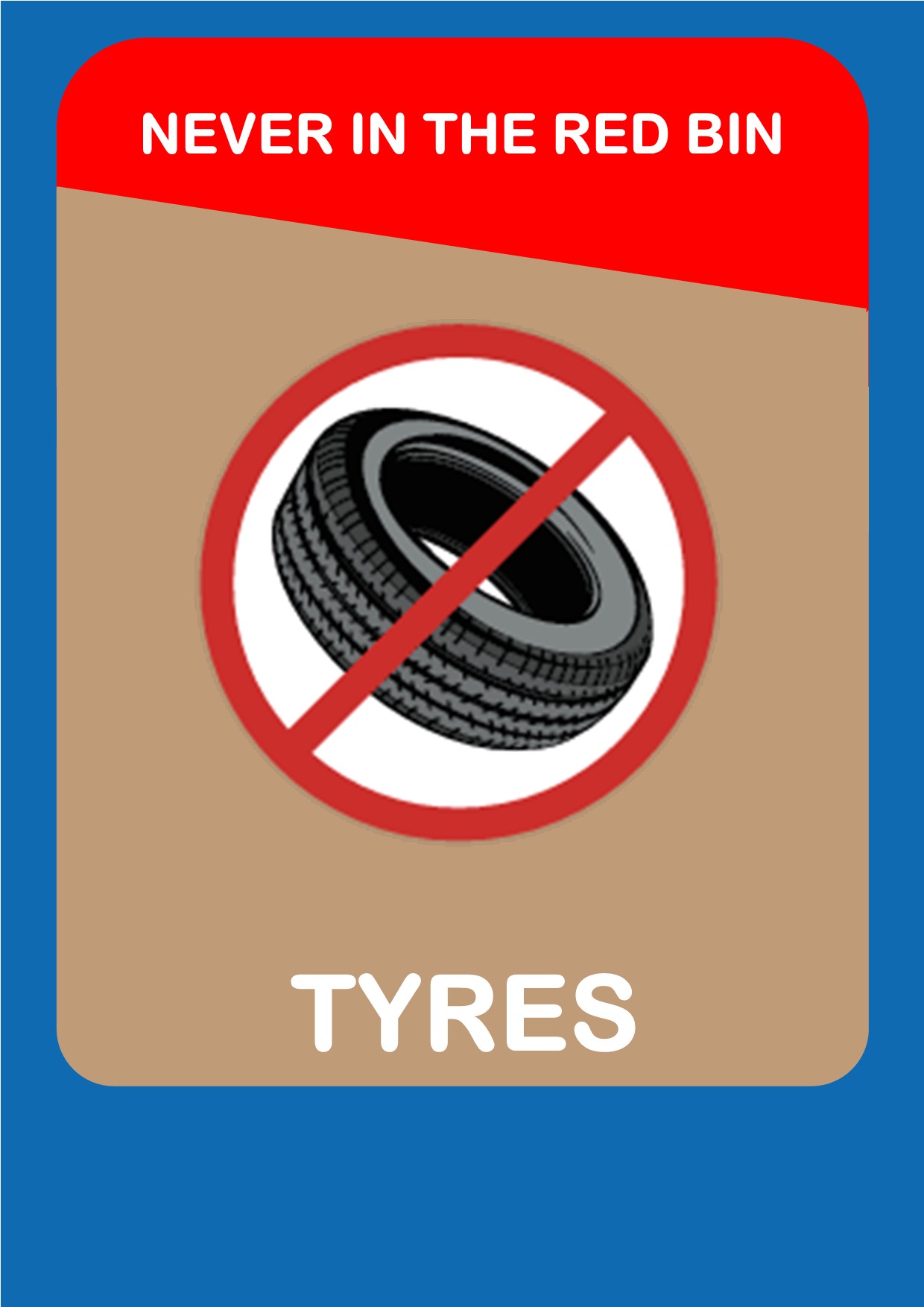
TYRES
Whole tyres are banned from disposal to landfill in South Australia. This is because the tyres do not compact and can flex back to the surface after burial. Council's waste disposal sites do not accept any tyres.
Tyres can be recycled through your local mechanic or tyre retailer, check with them directly as there may be a charge based on the size of tyre.
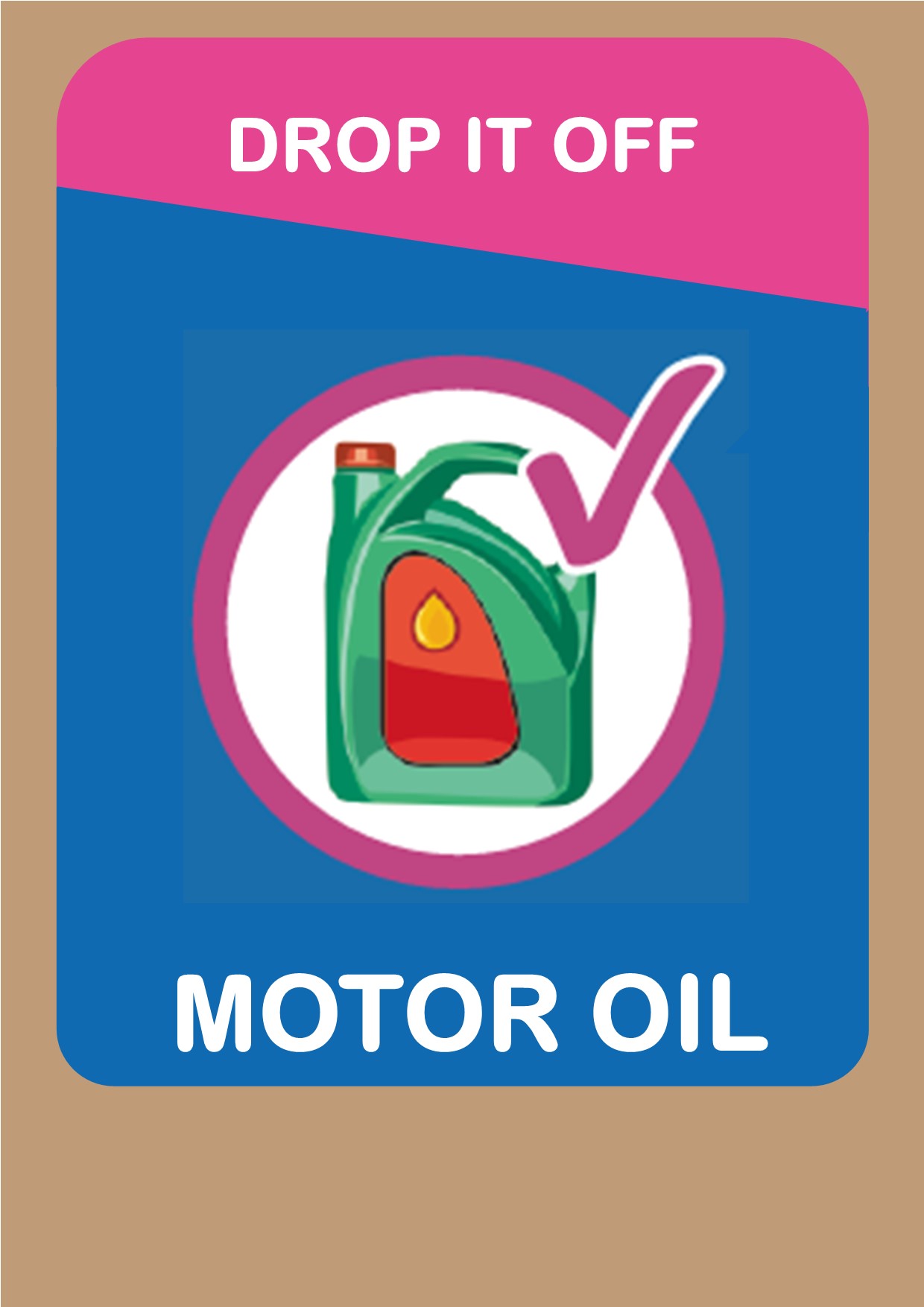
WASTE OIL
Motor waste oil must not be disposed of in general waste bins. It is important to correctly dispose of waste oil because of the dangerous chemicals and heavy metals it contains and their potential to damage local waterways.
Council provides a Waste Oil Program available at both Millicent and Penola Resource Recovery Centres. Residents can accessed this program with their waste disposal vouchers to dispose of domestic quantities of oil. If you have commercial quantities of waste oil to be disposed of contact an appropriate business to make collection arrangements.
Residents are required to sign a Waste Oil Declaration Form to confirm the contents of the container. Printed copies are available onsite at disposal sites. Full details of the program are available on Council's Waste Management Initiatives page.
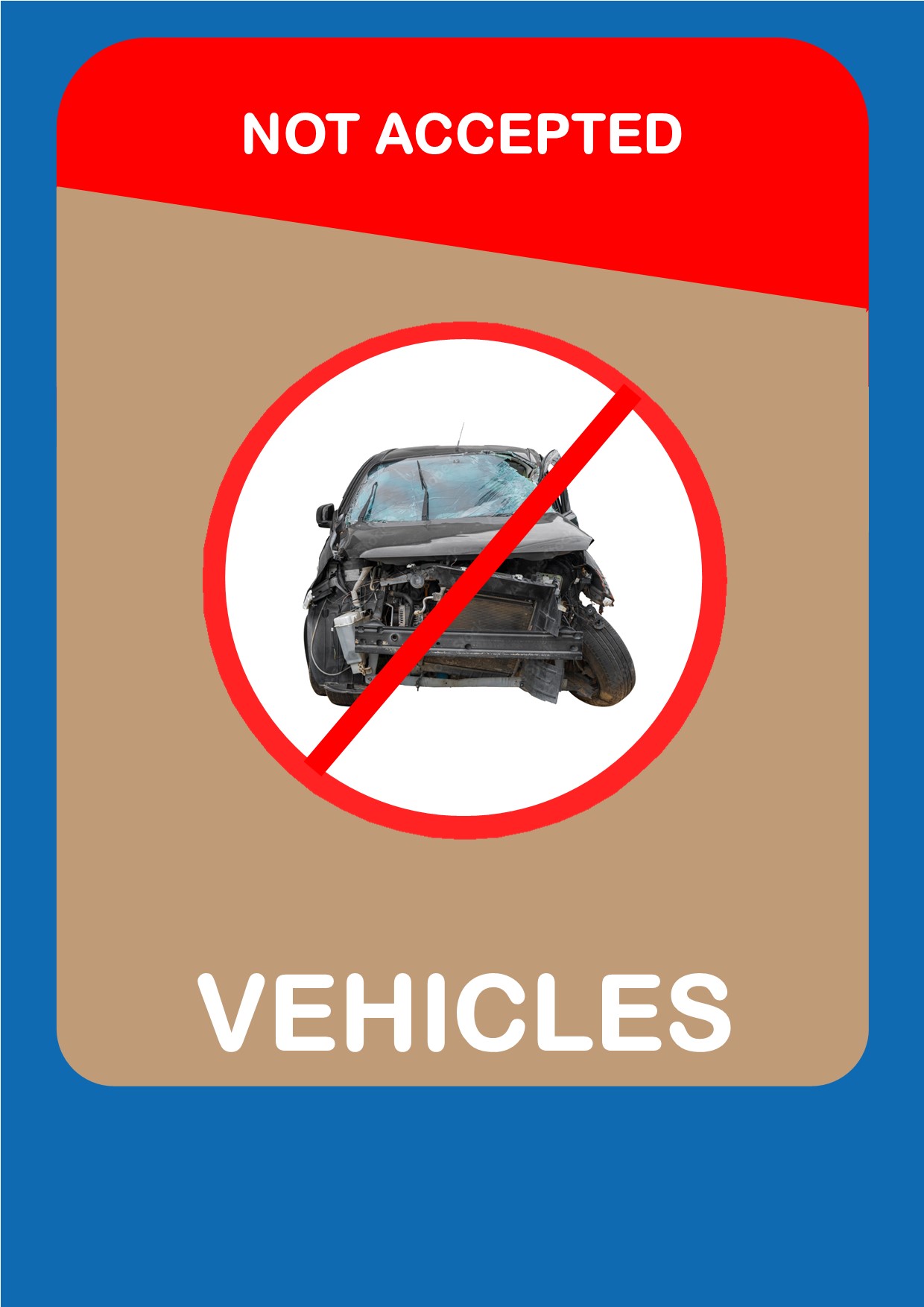
VEHICLES / CAR BODIES
Vehicles and car bodies are not accepted at any of Council's waste disposal sites. Scrap metal contractors can be contacted directly to discuss drop off or collection of vehicles.
Scrap metal dealers are situated at: Millicent Scrap Metal Recyclers Aberle Street, Millicent (08) 8733 4845.
